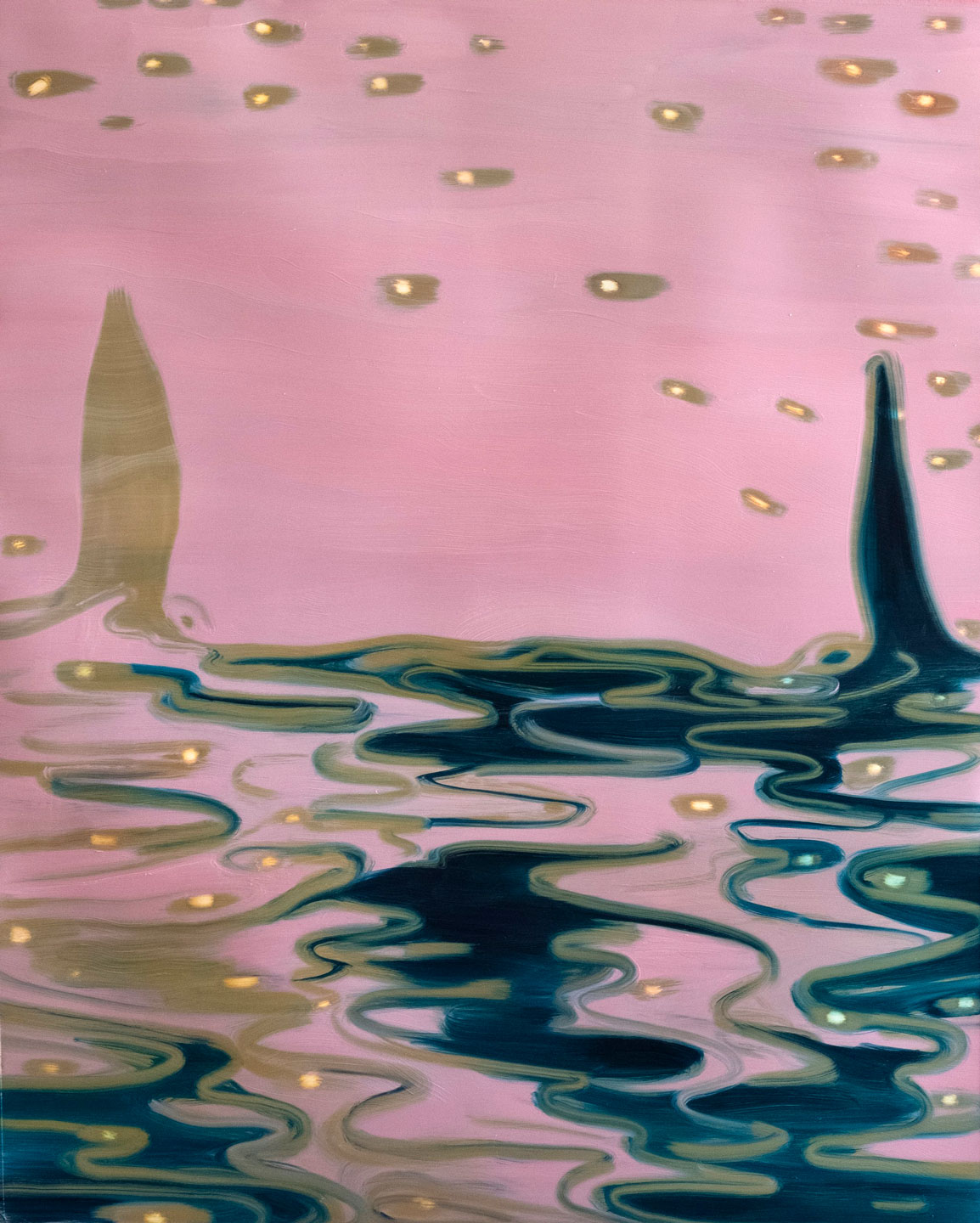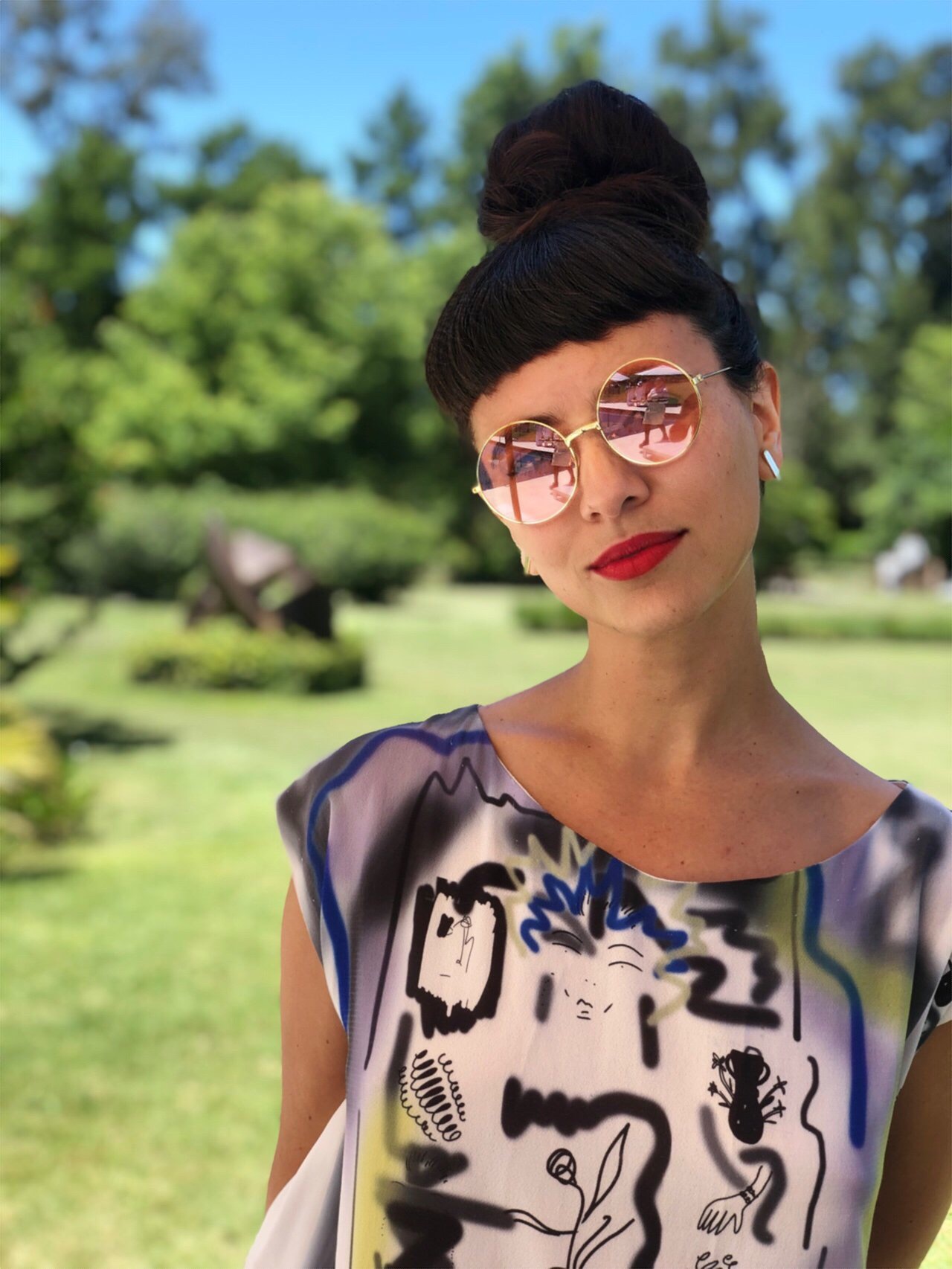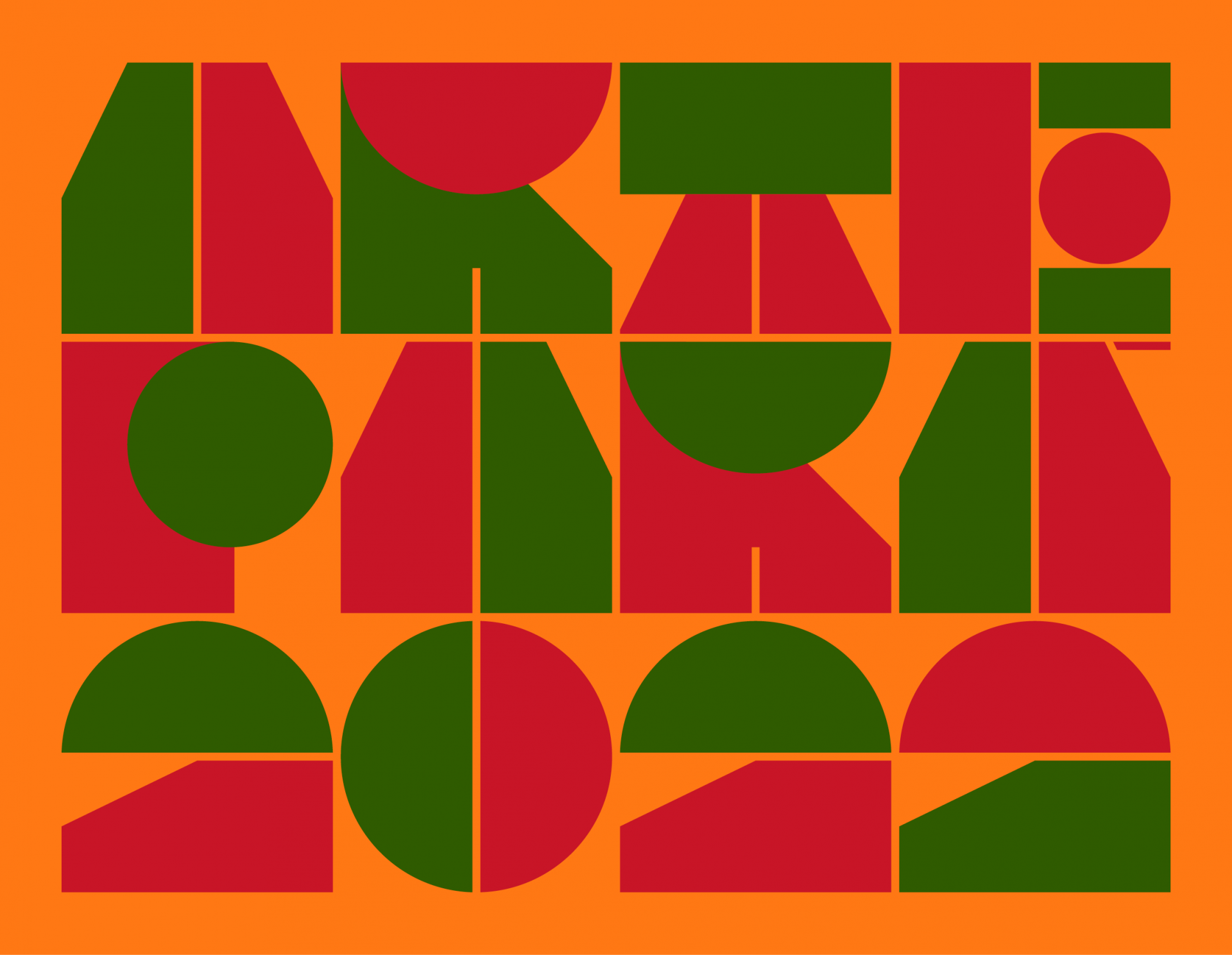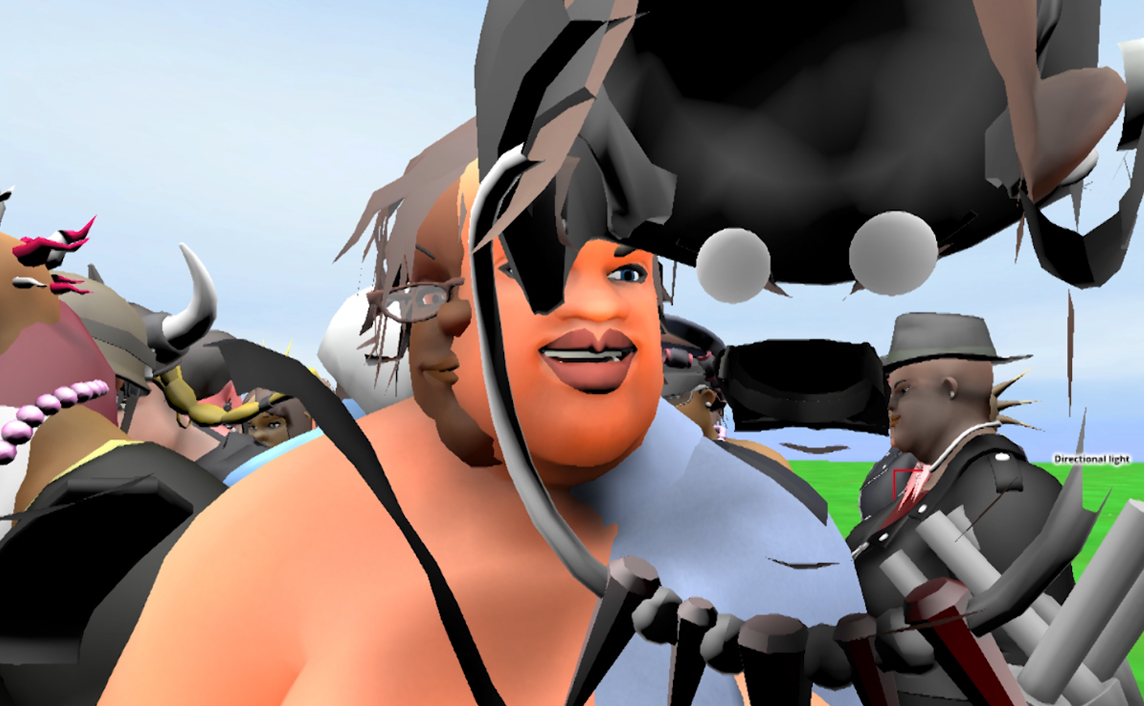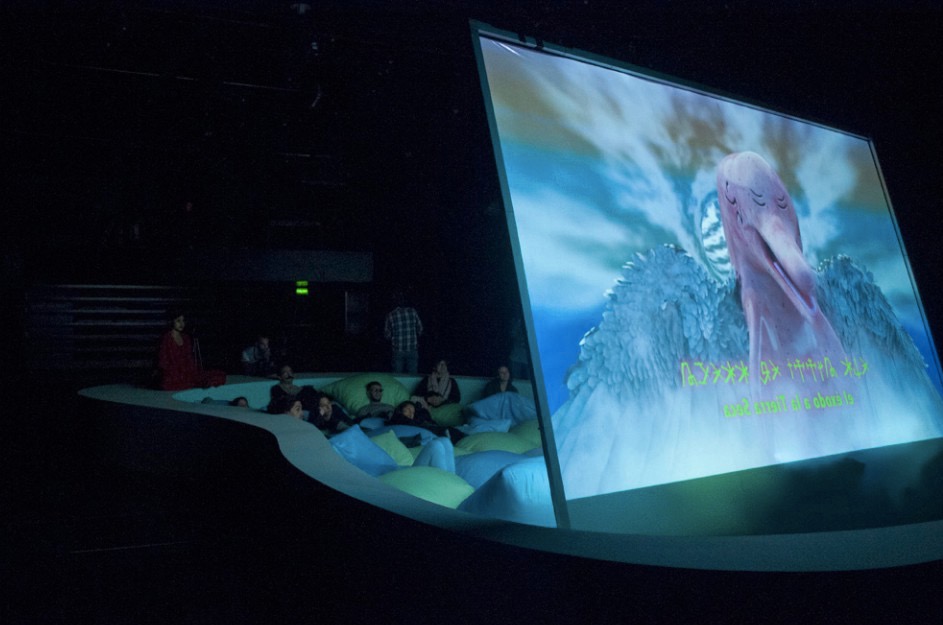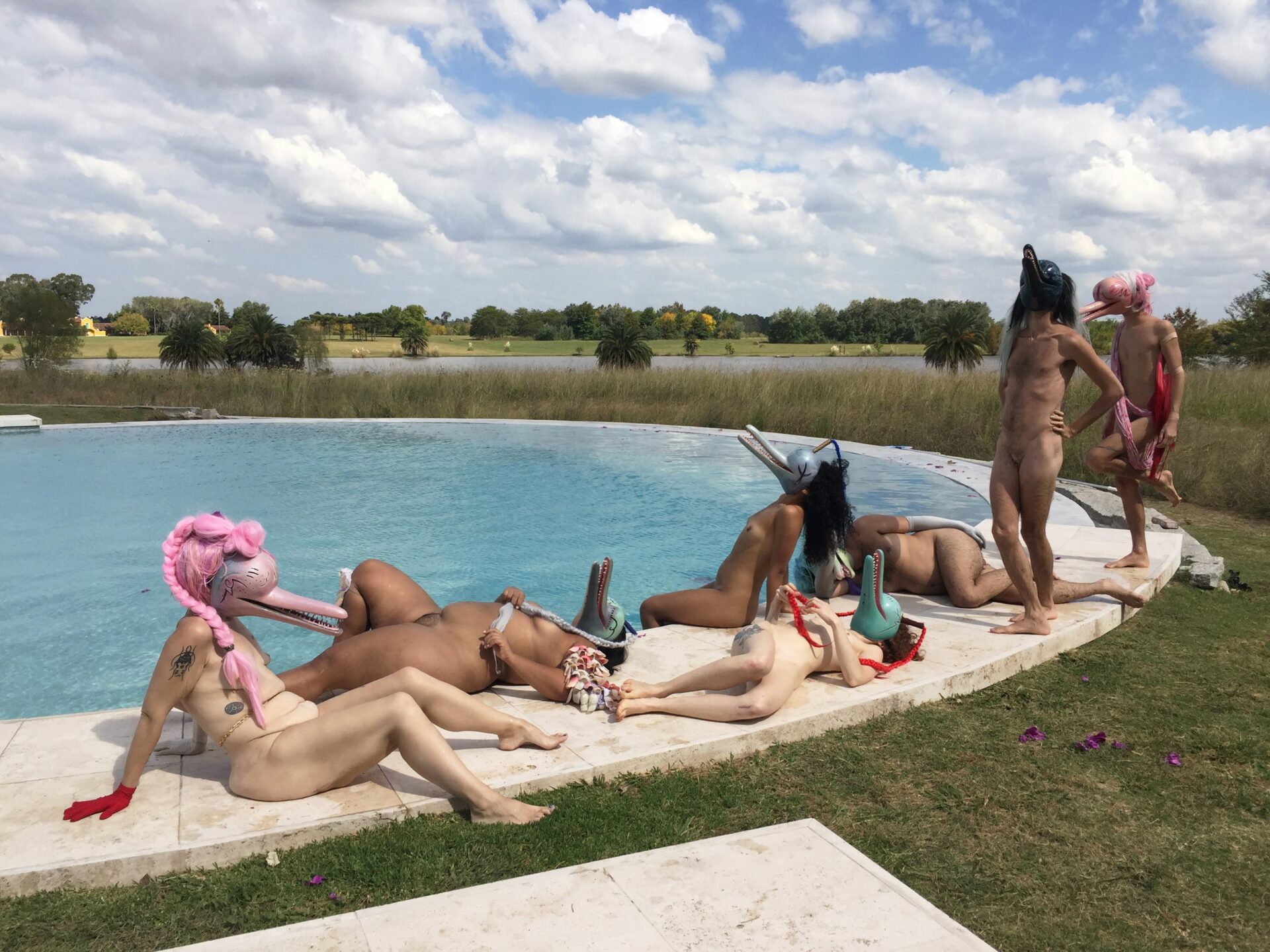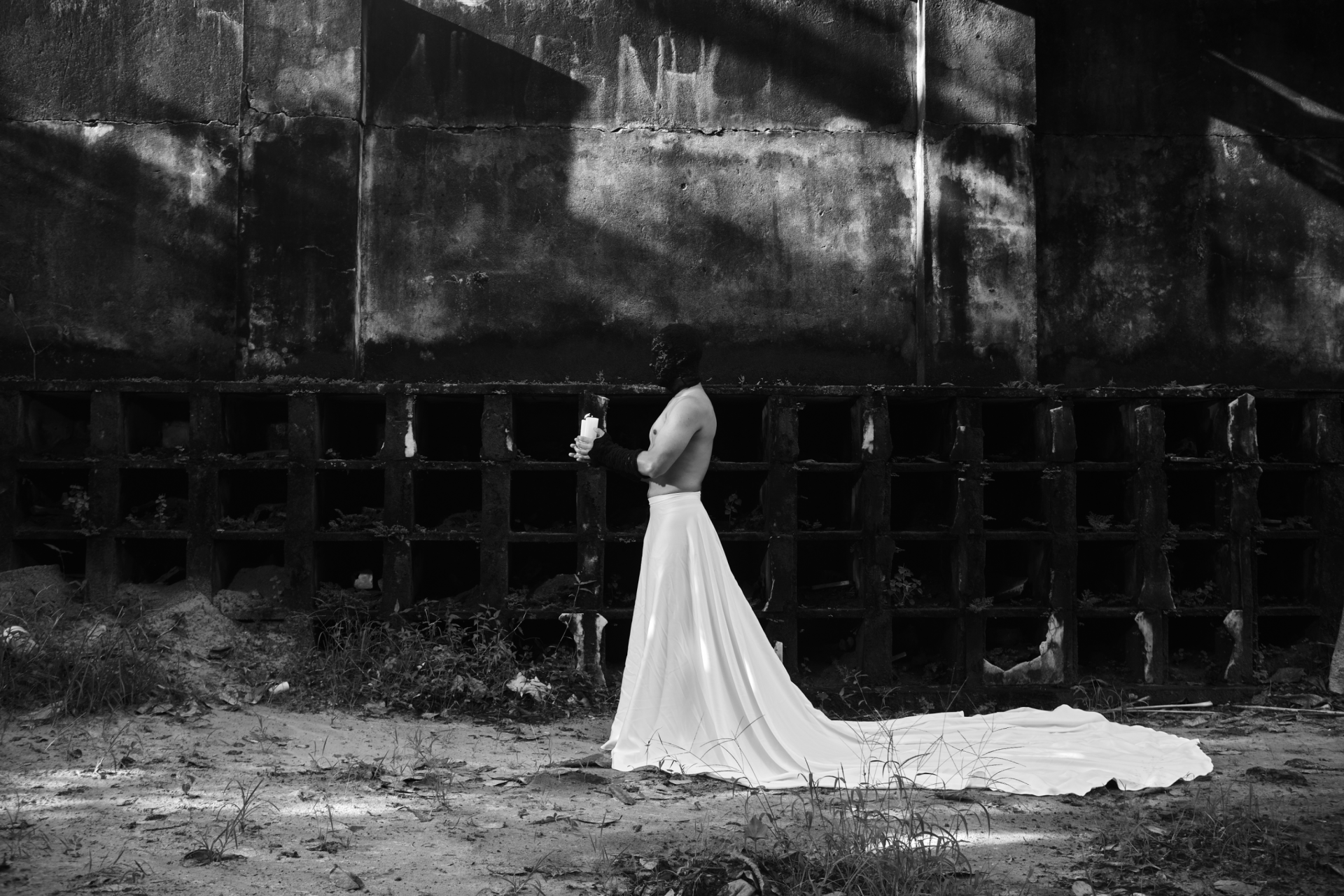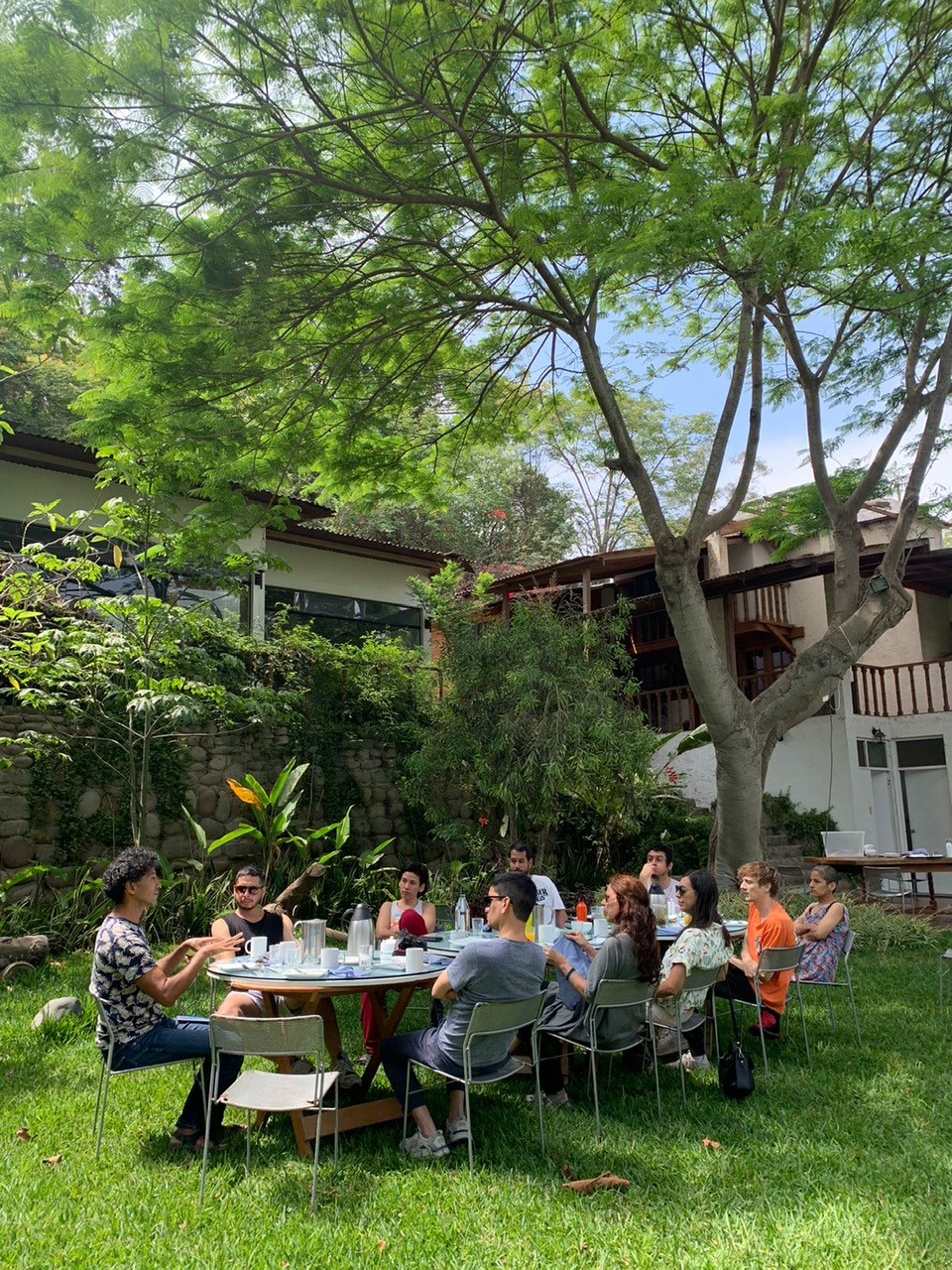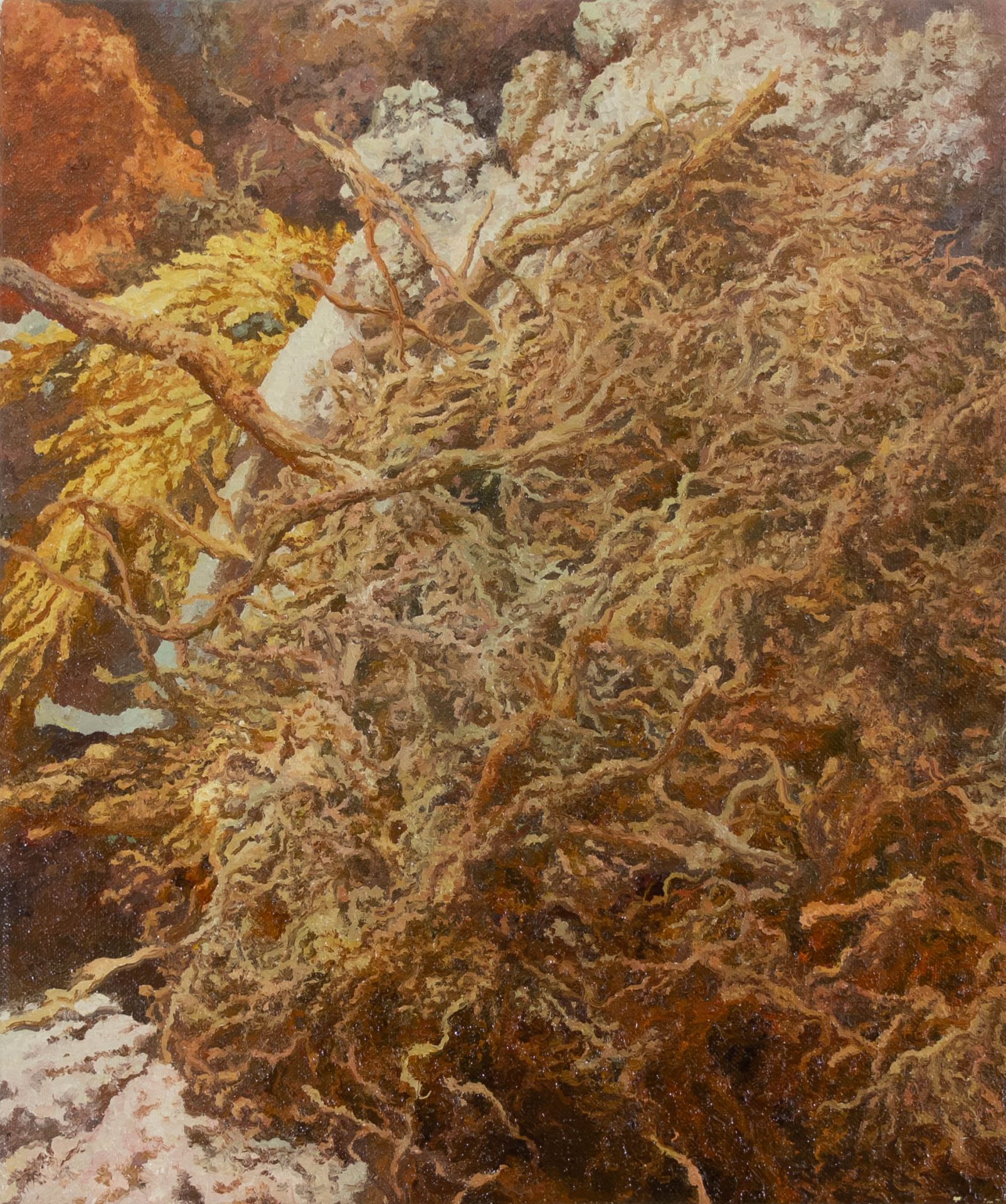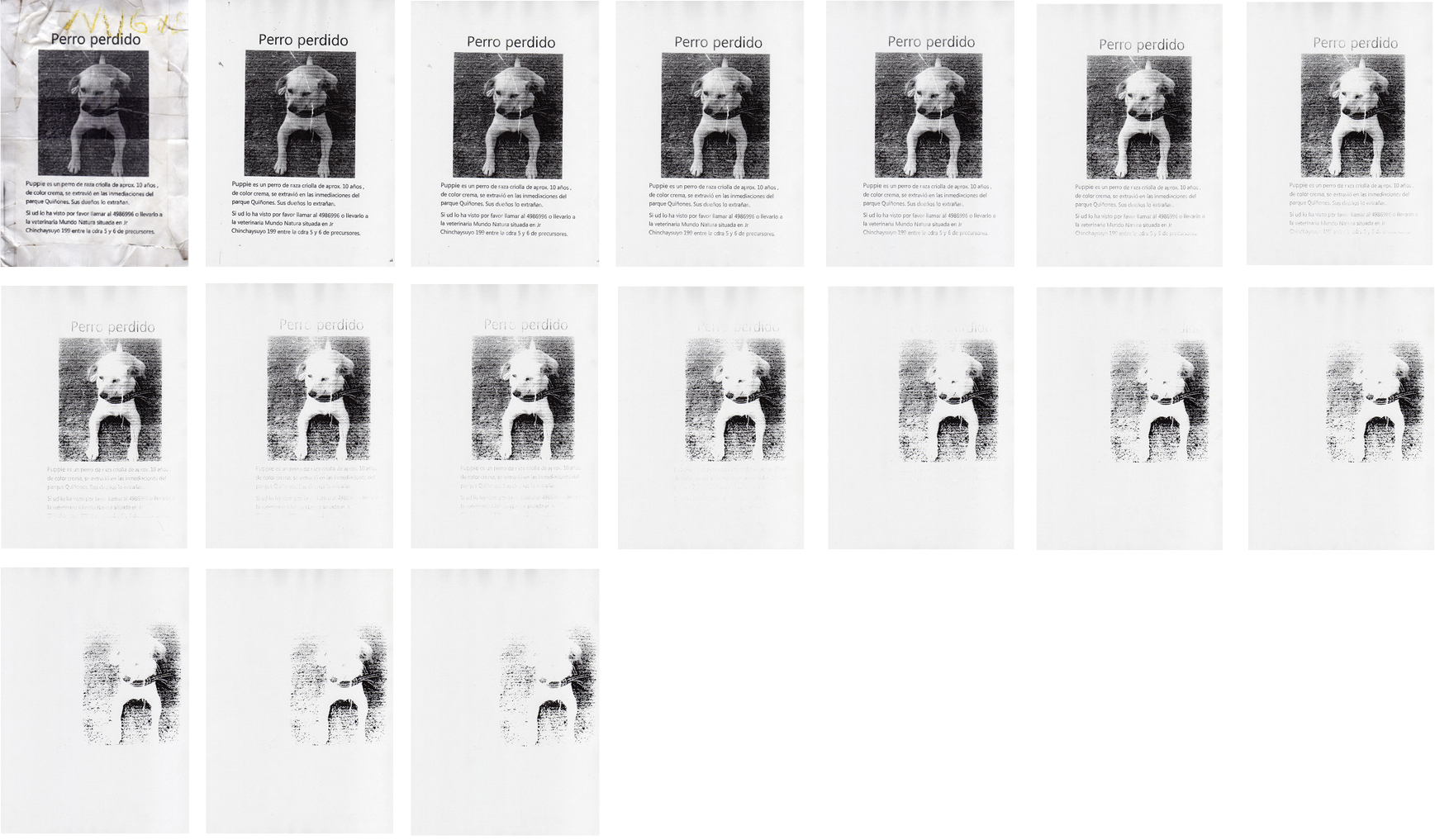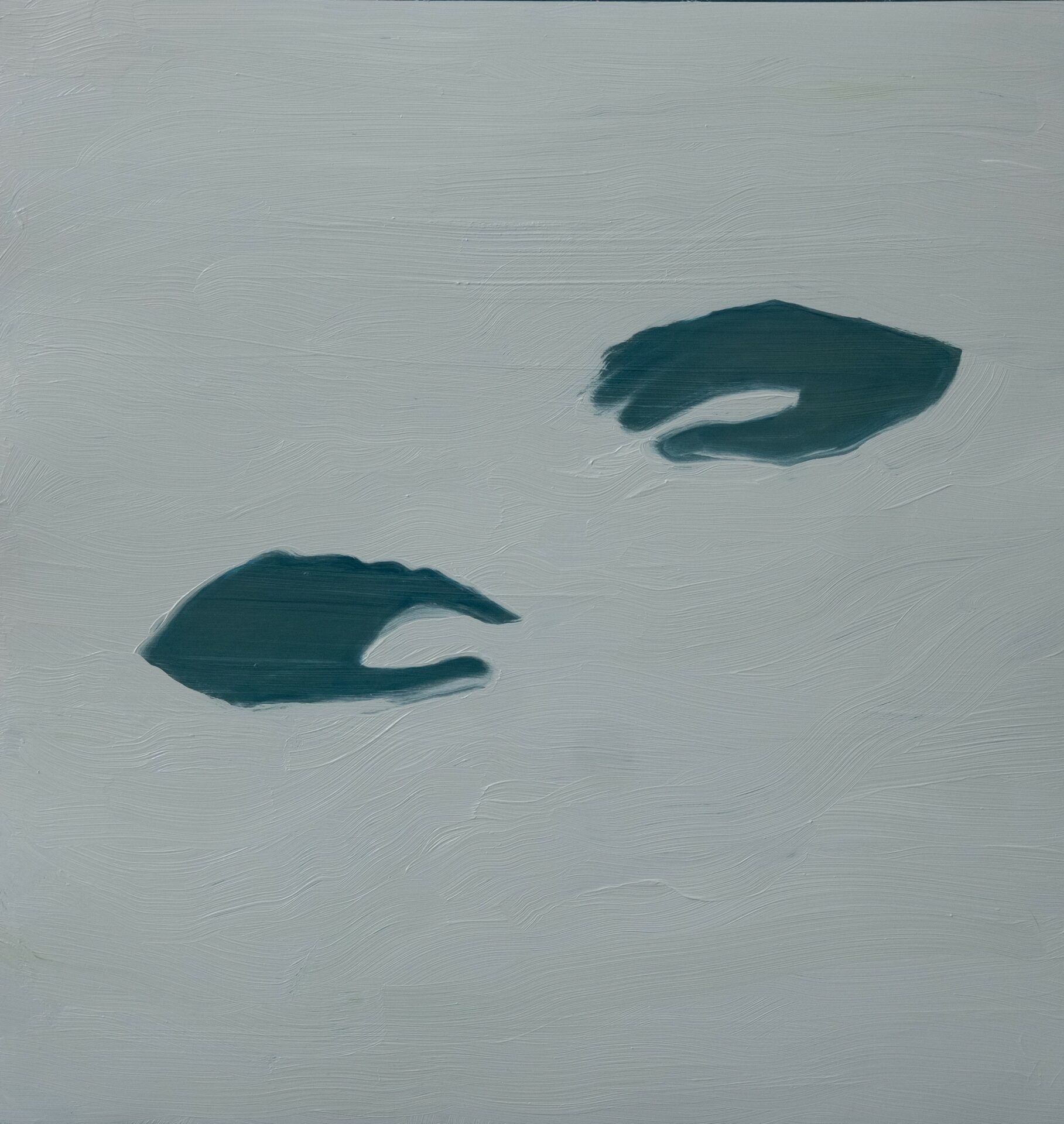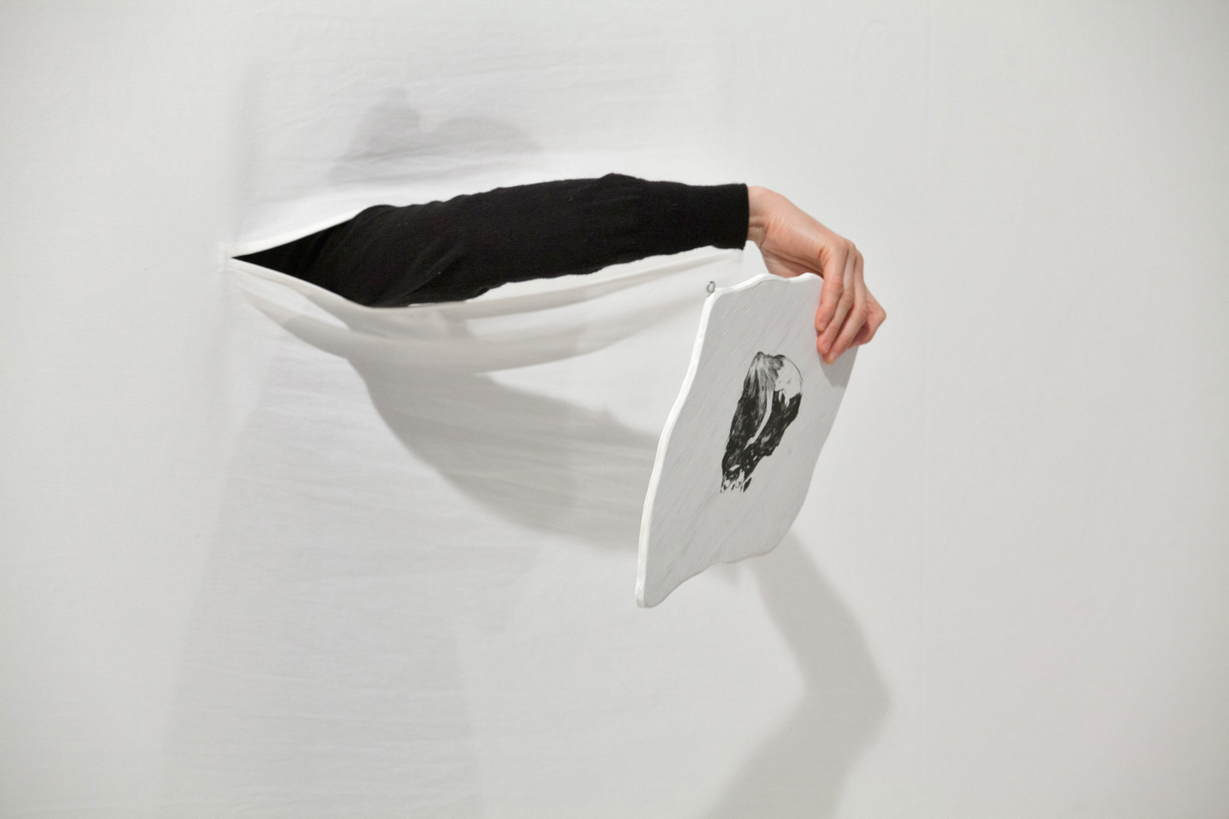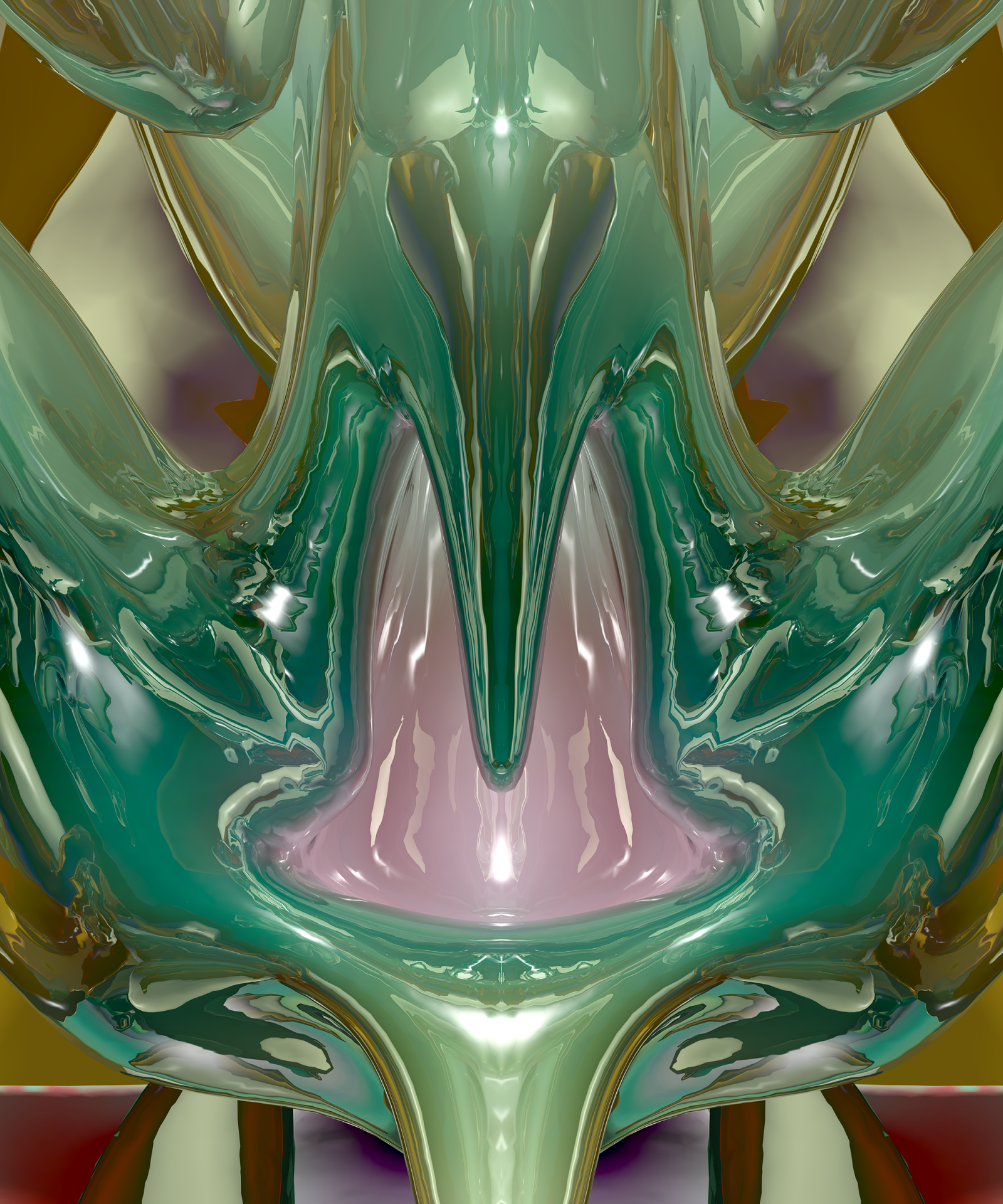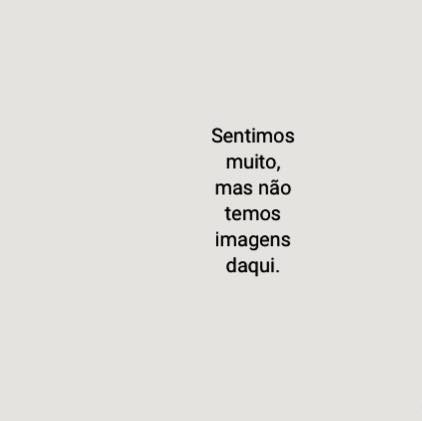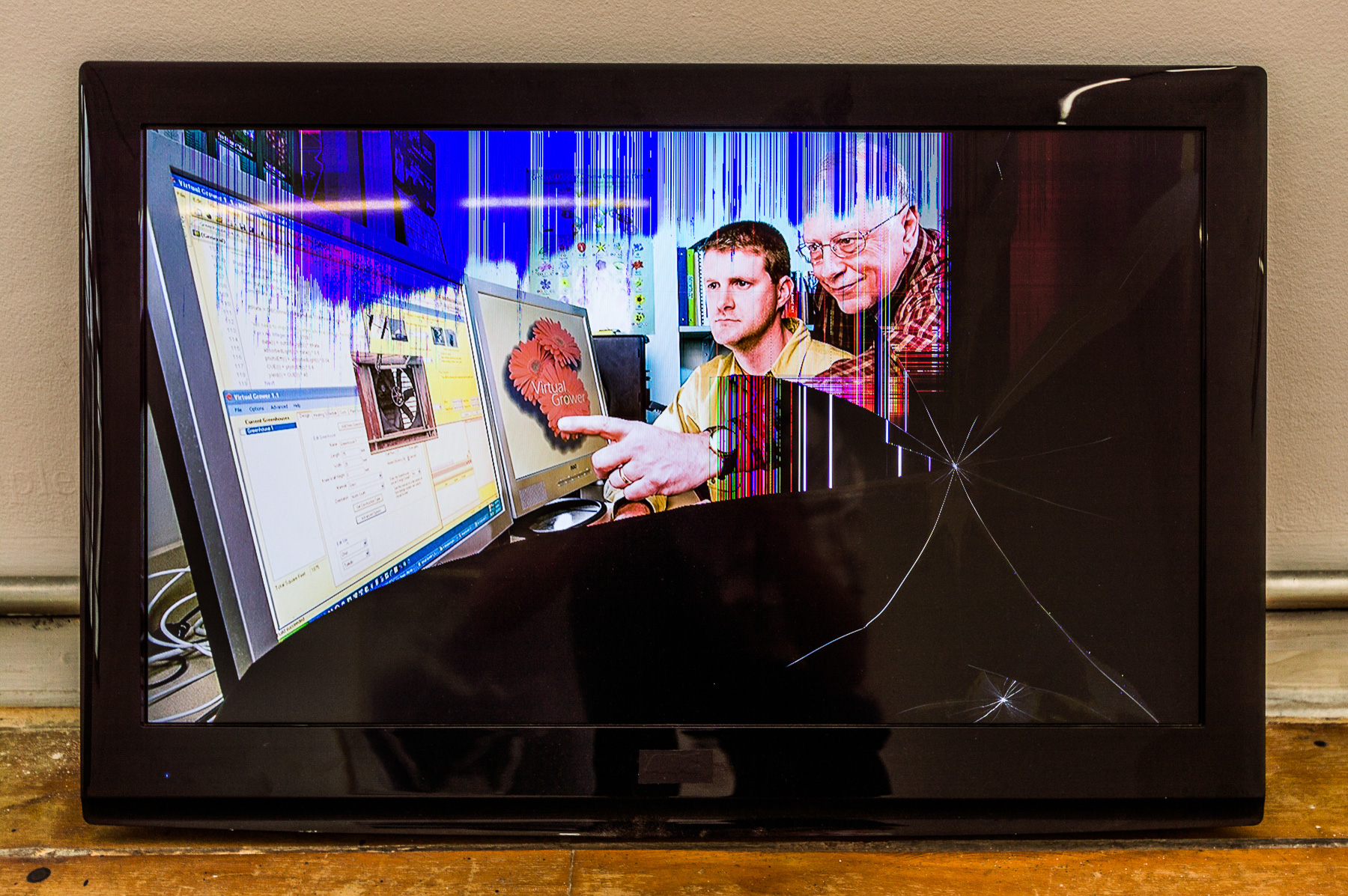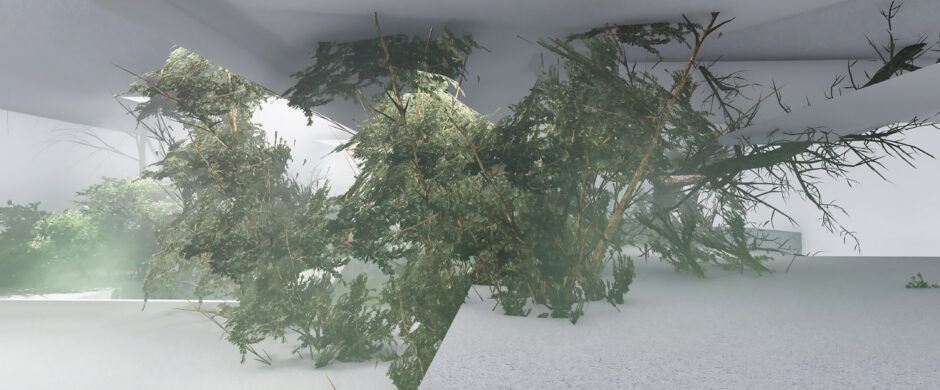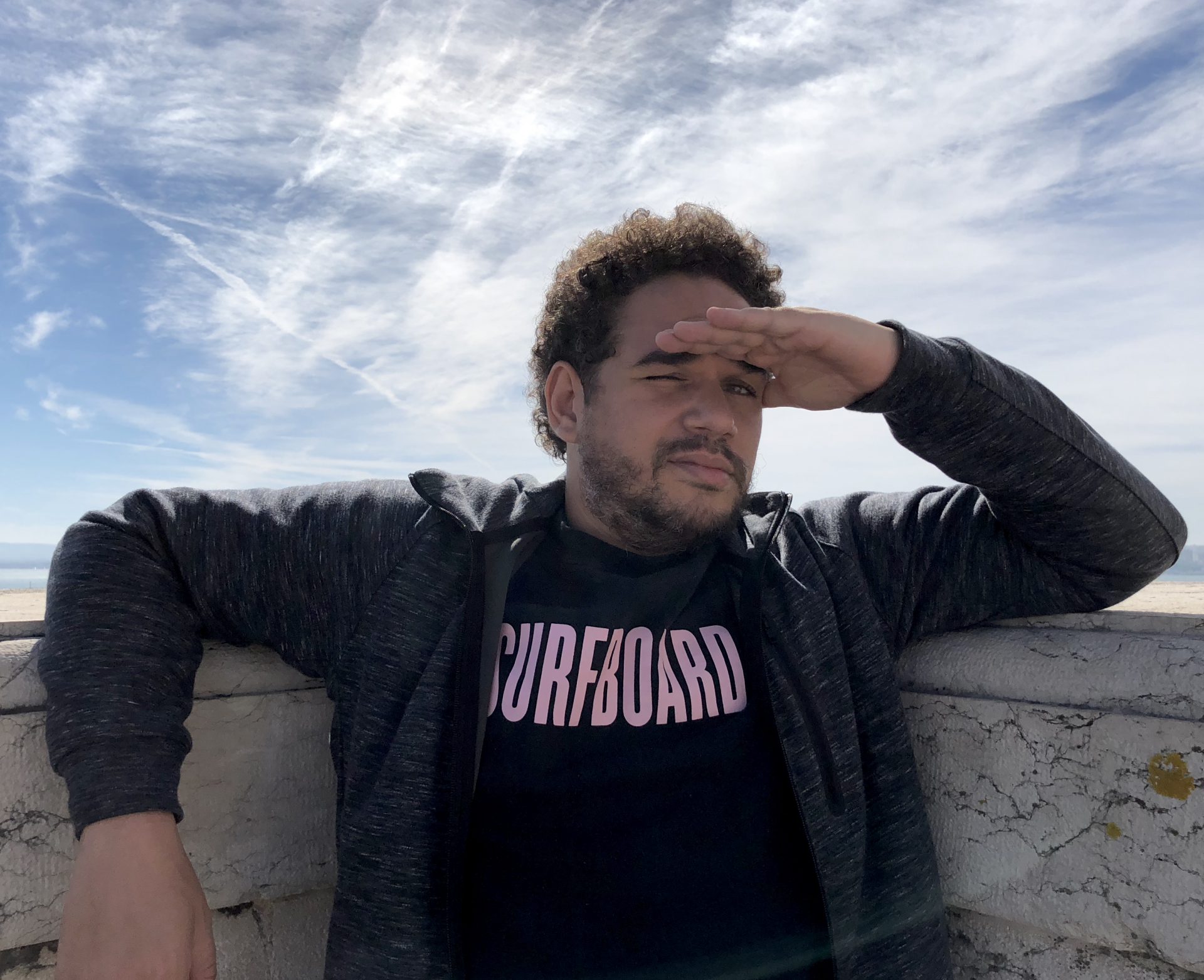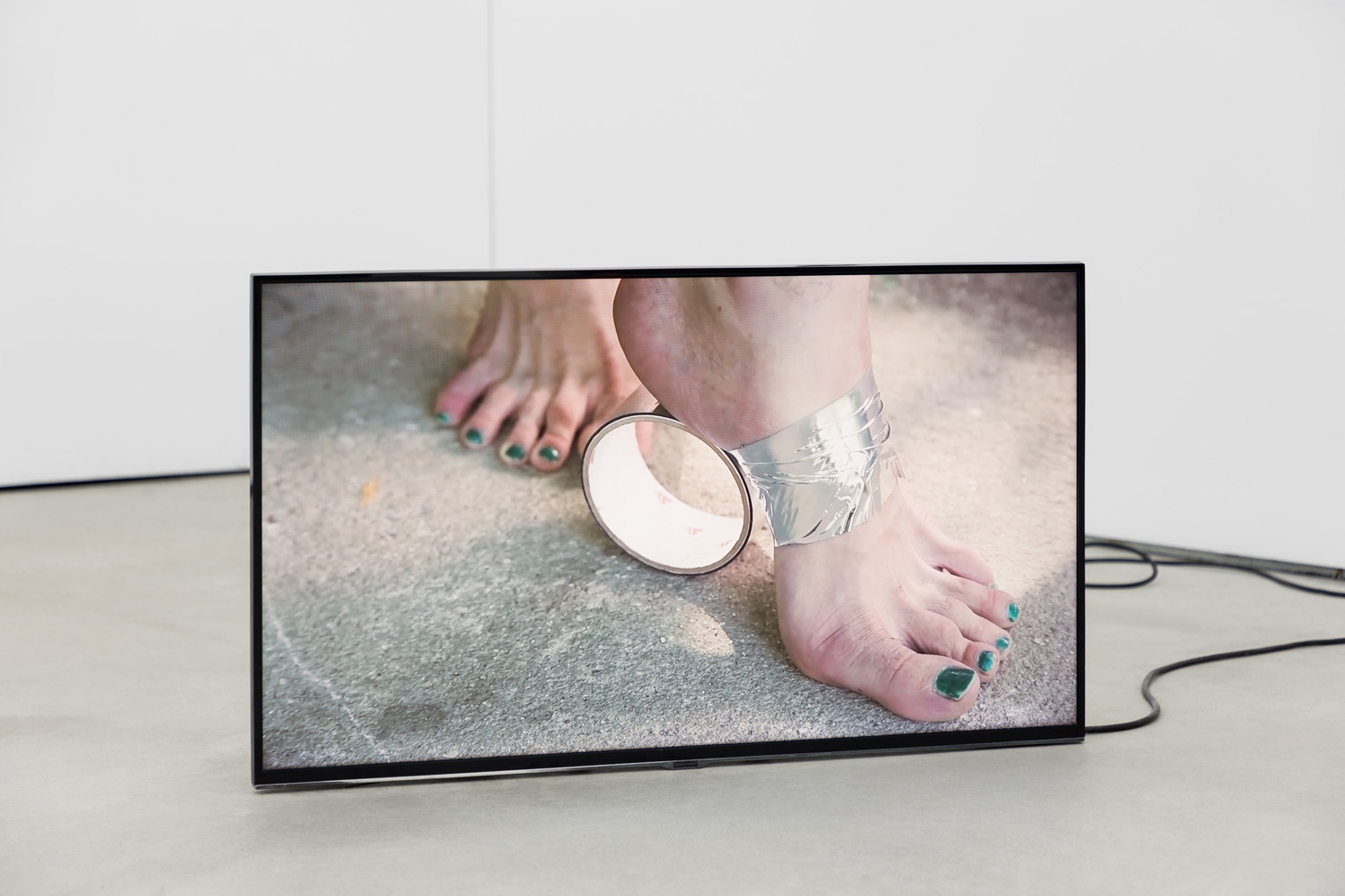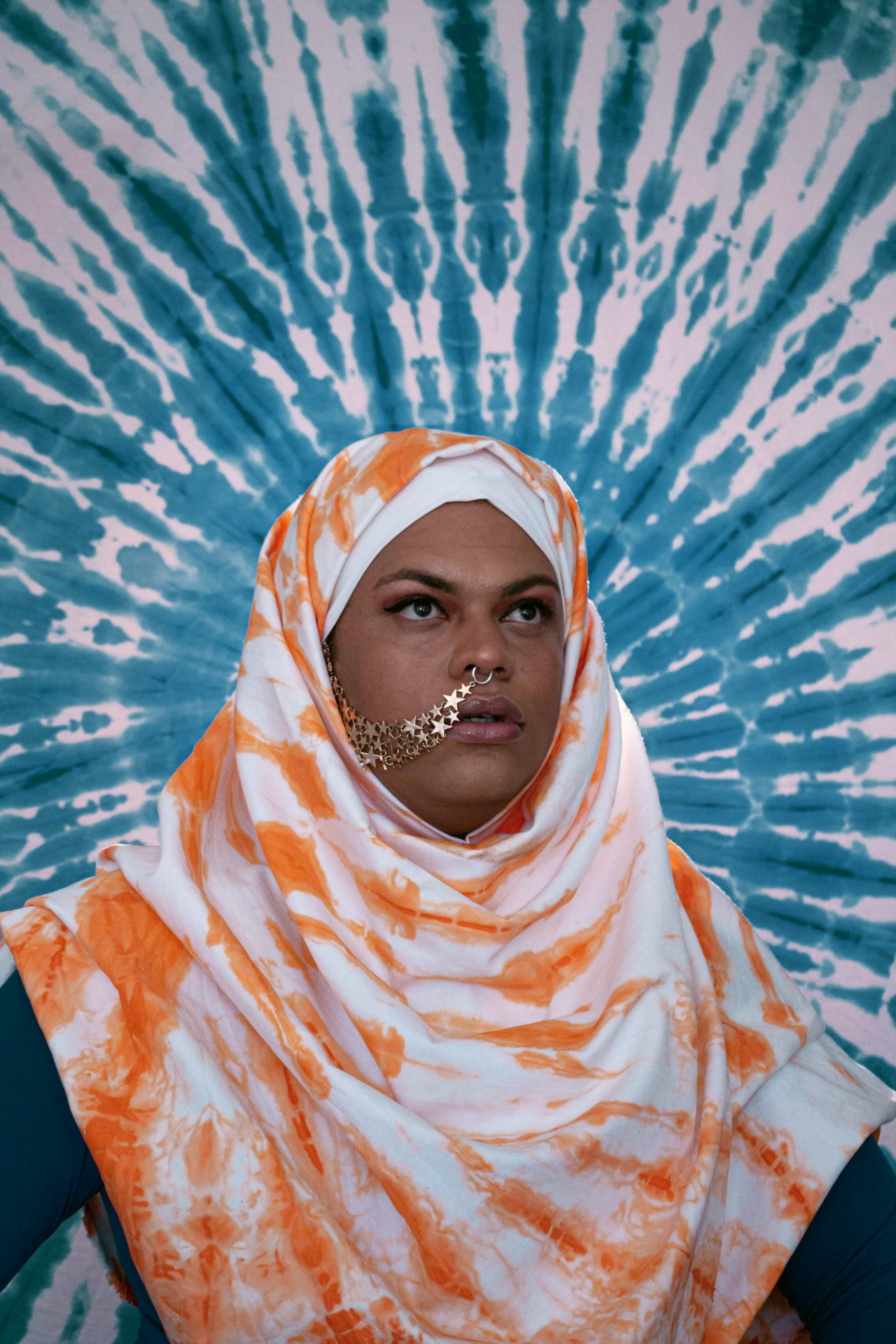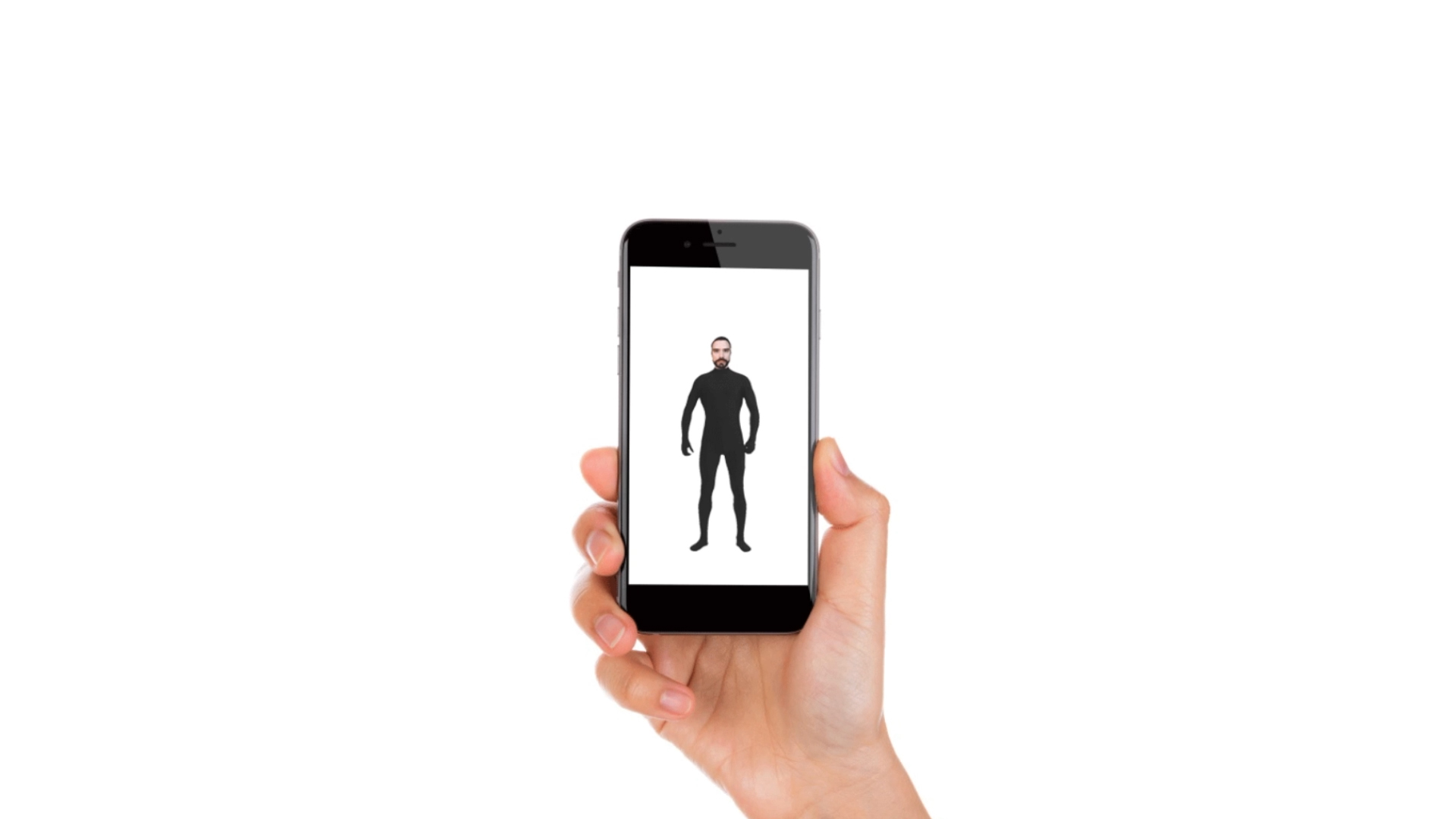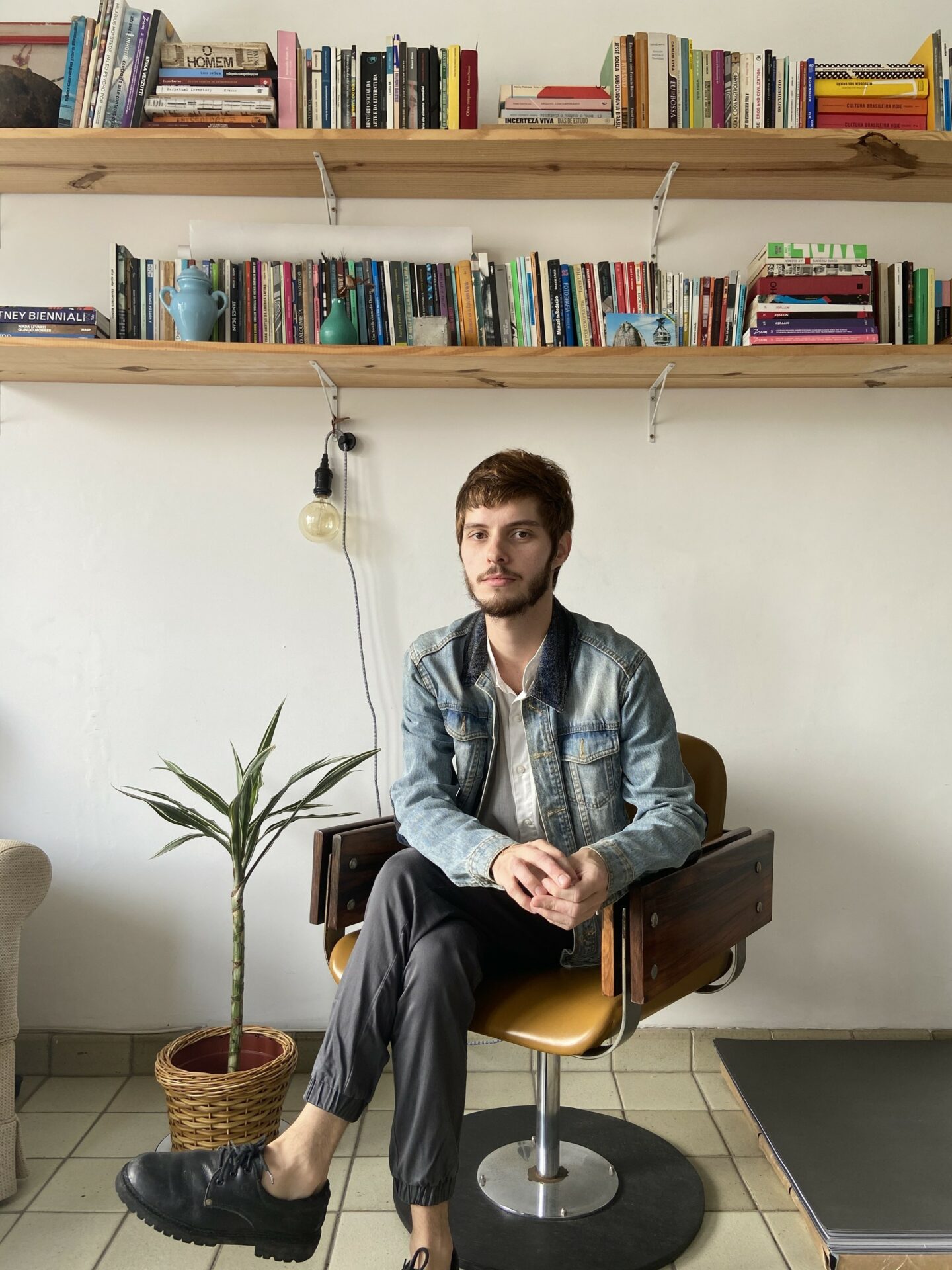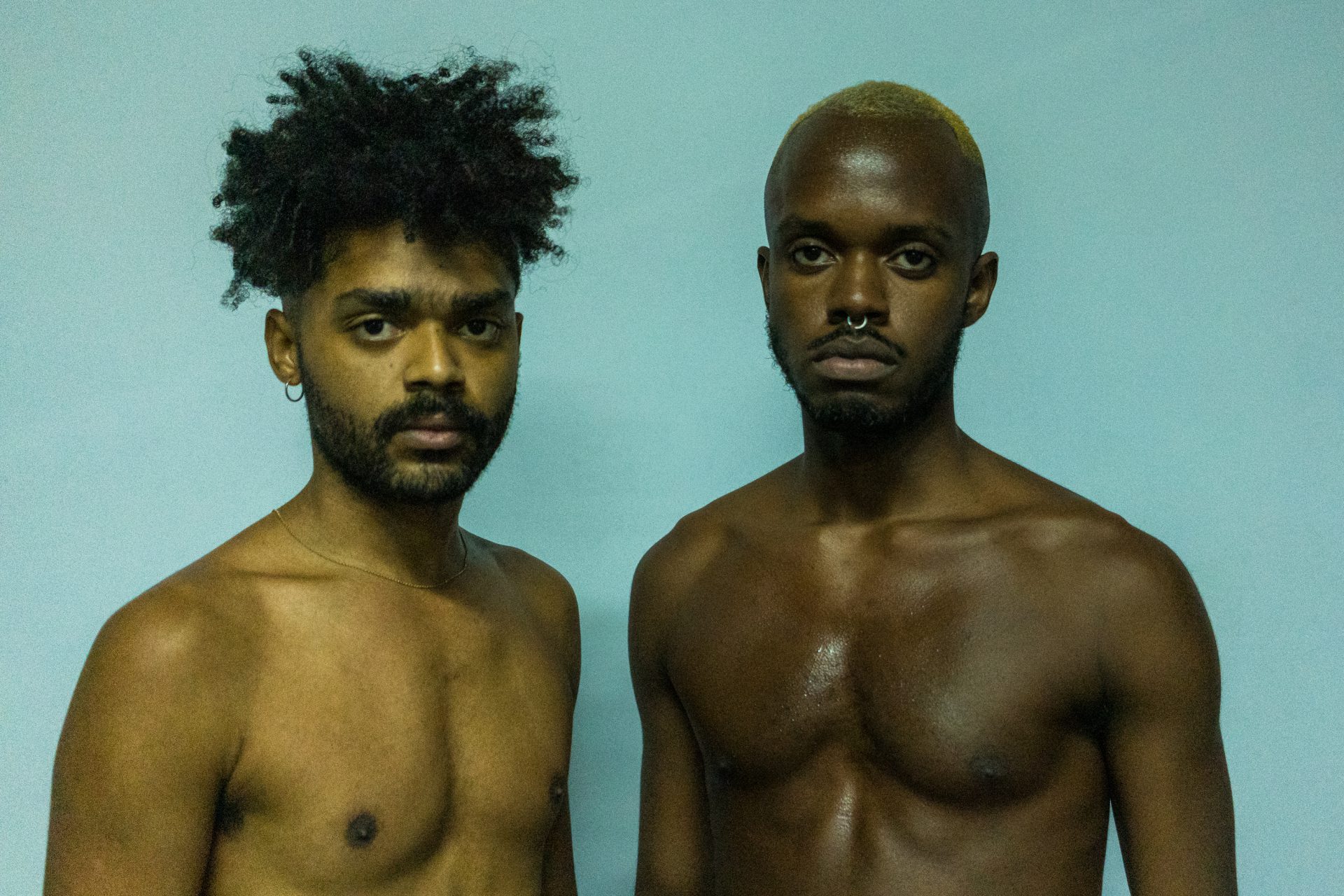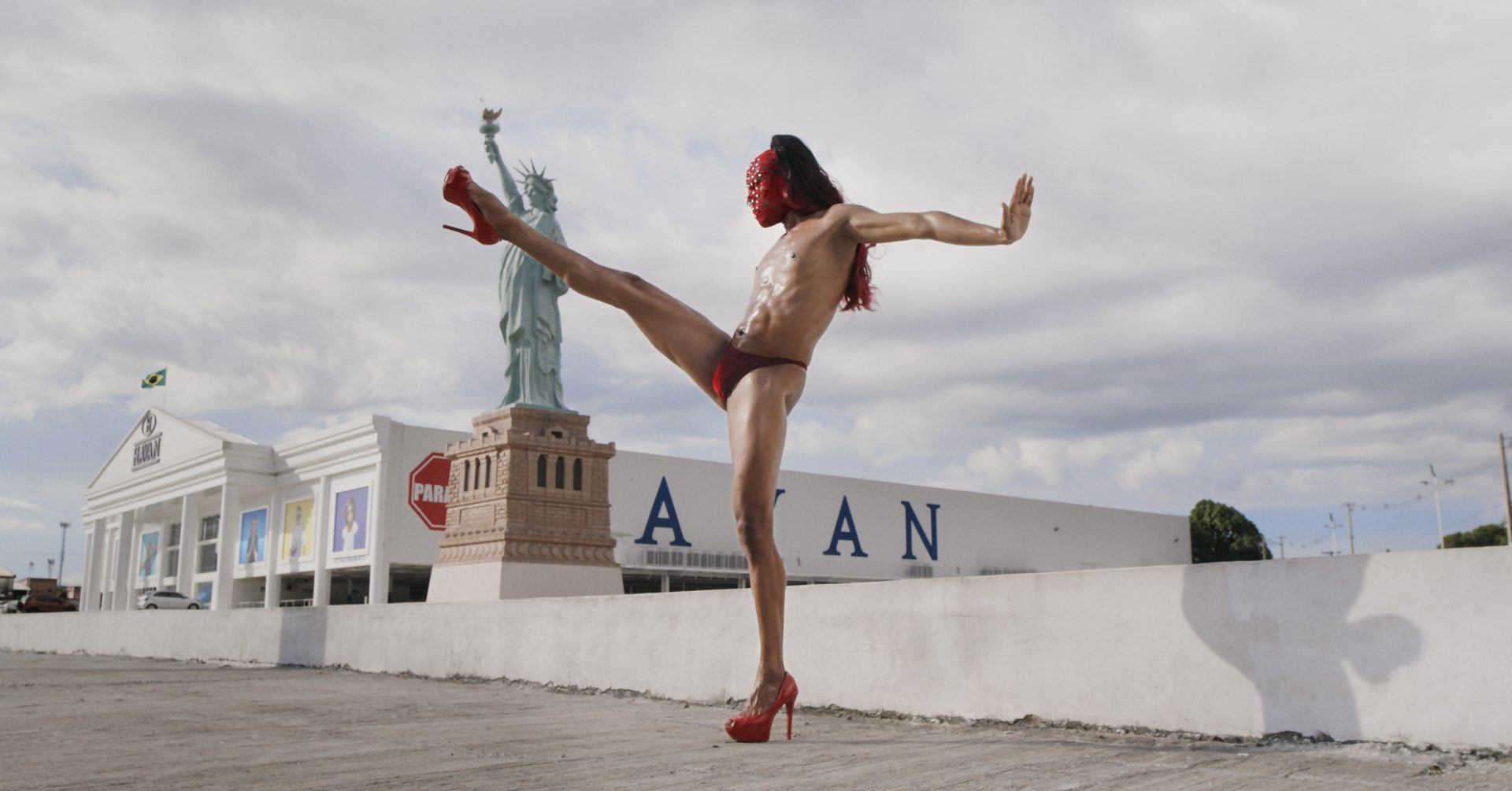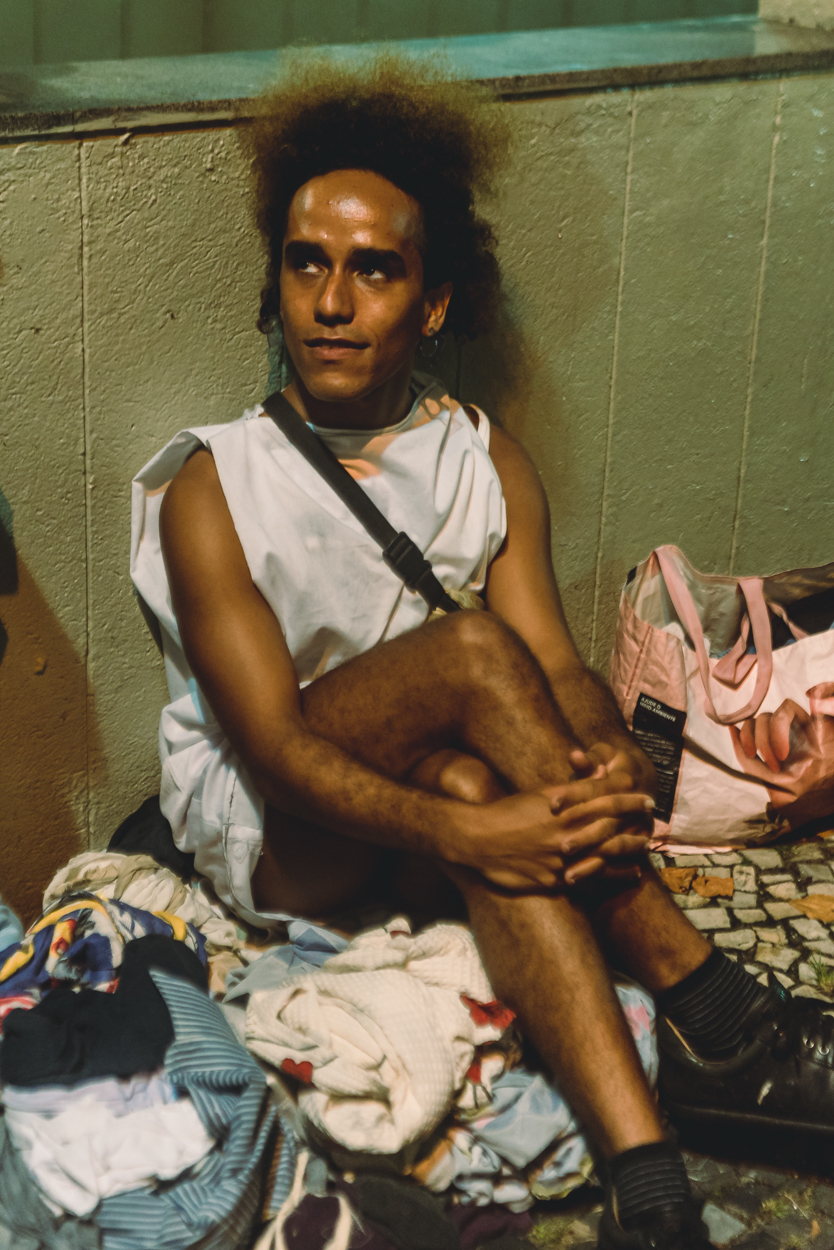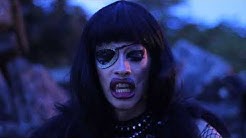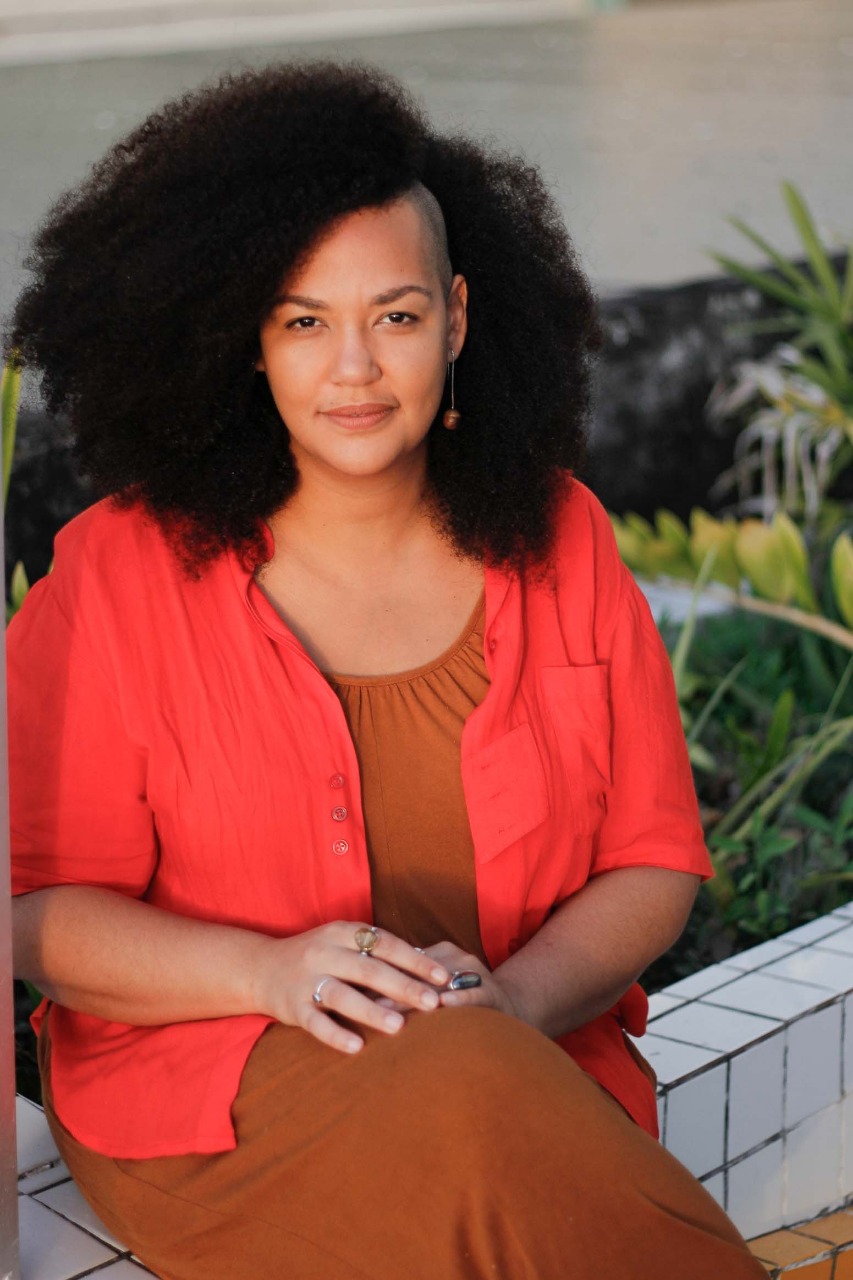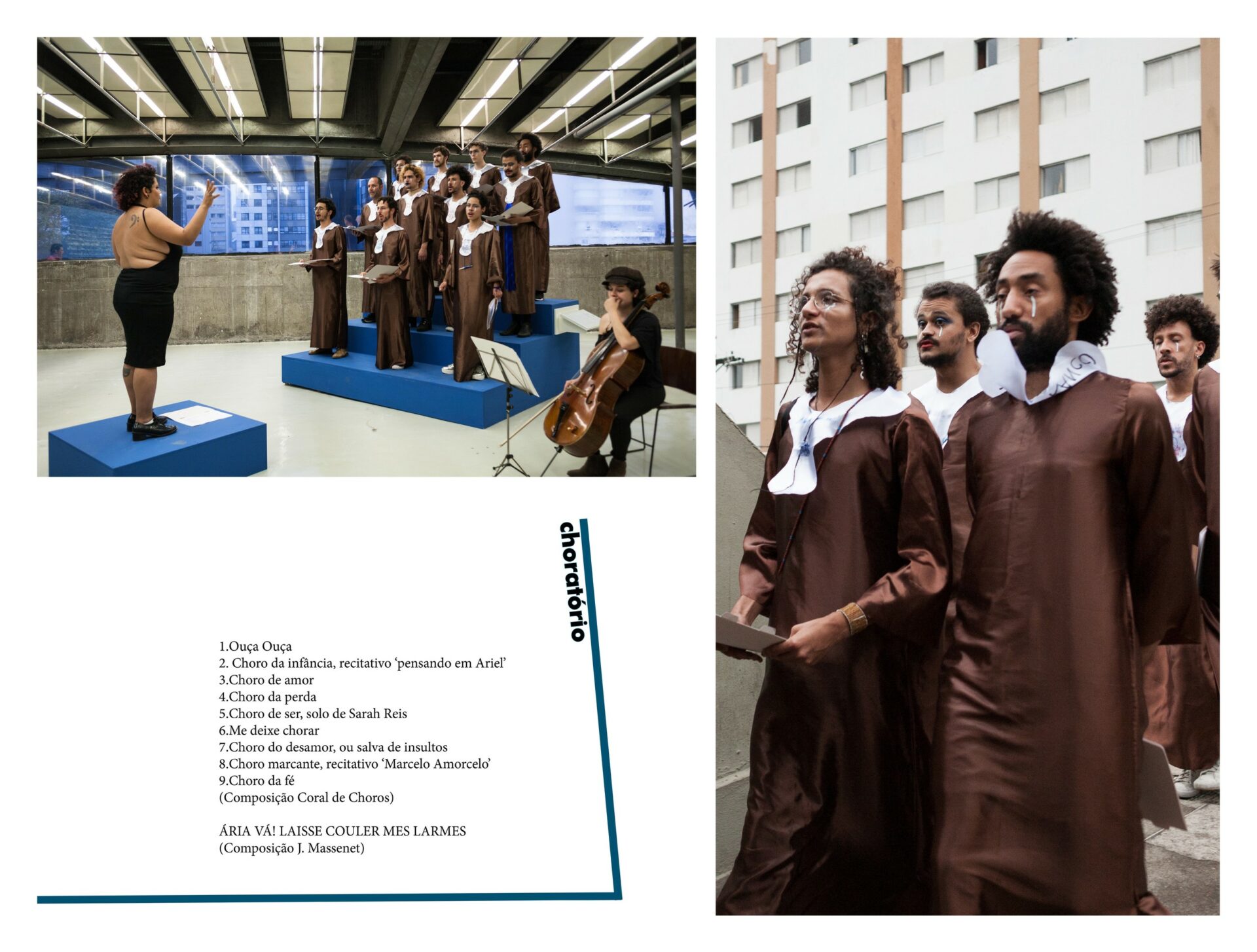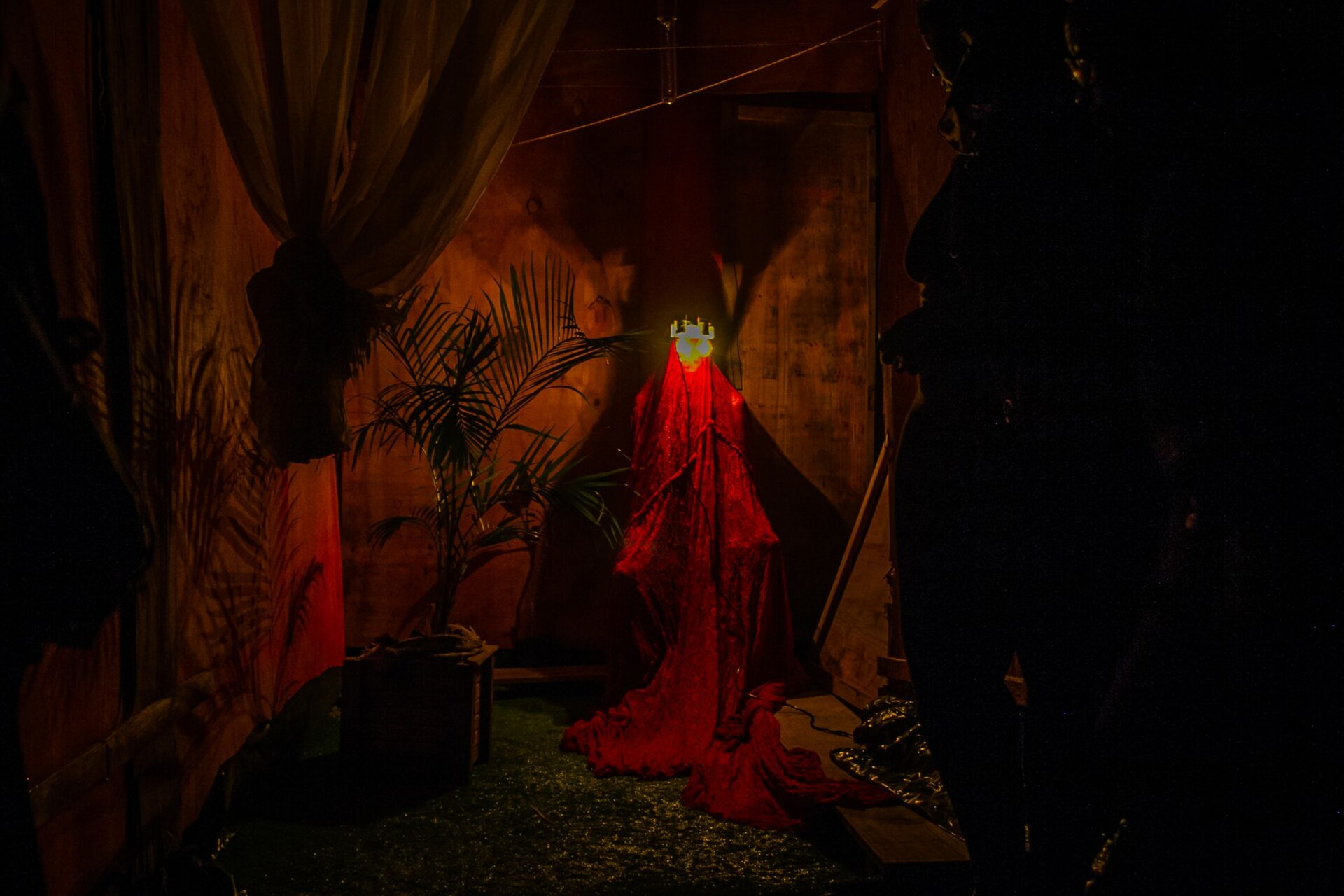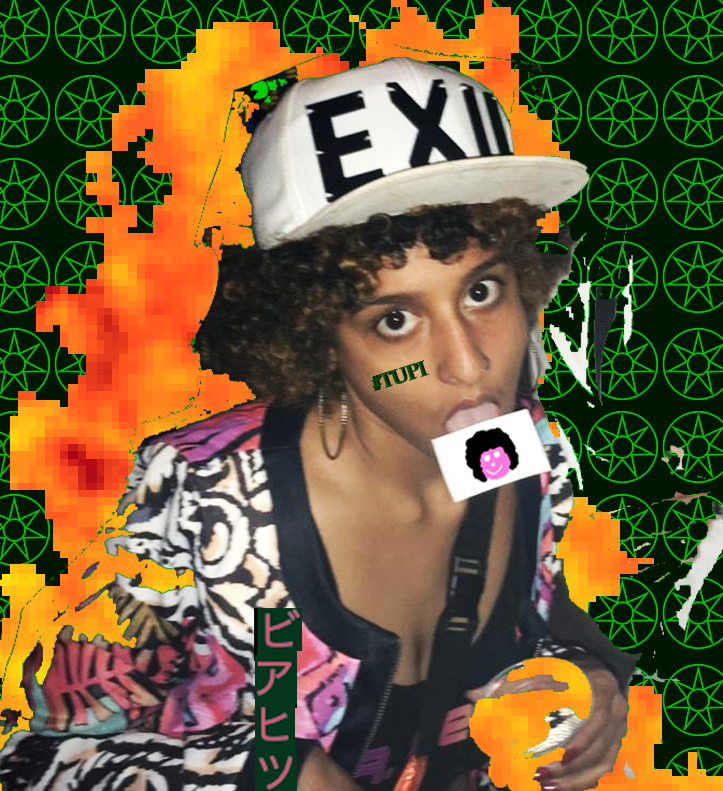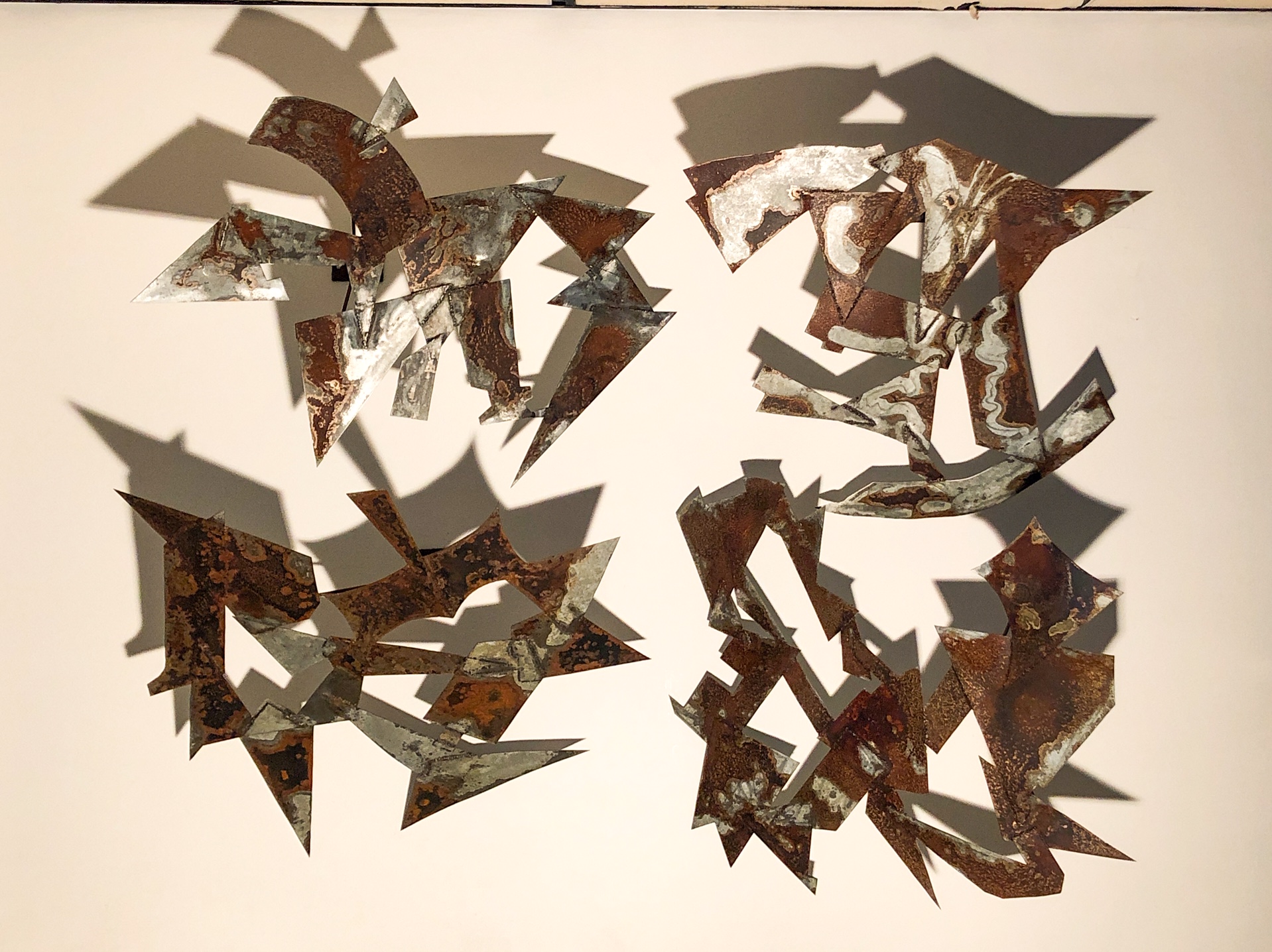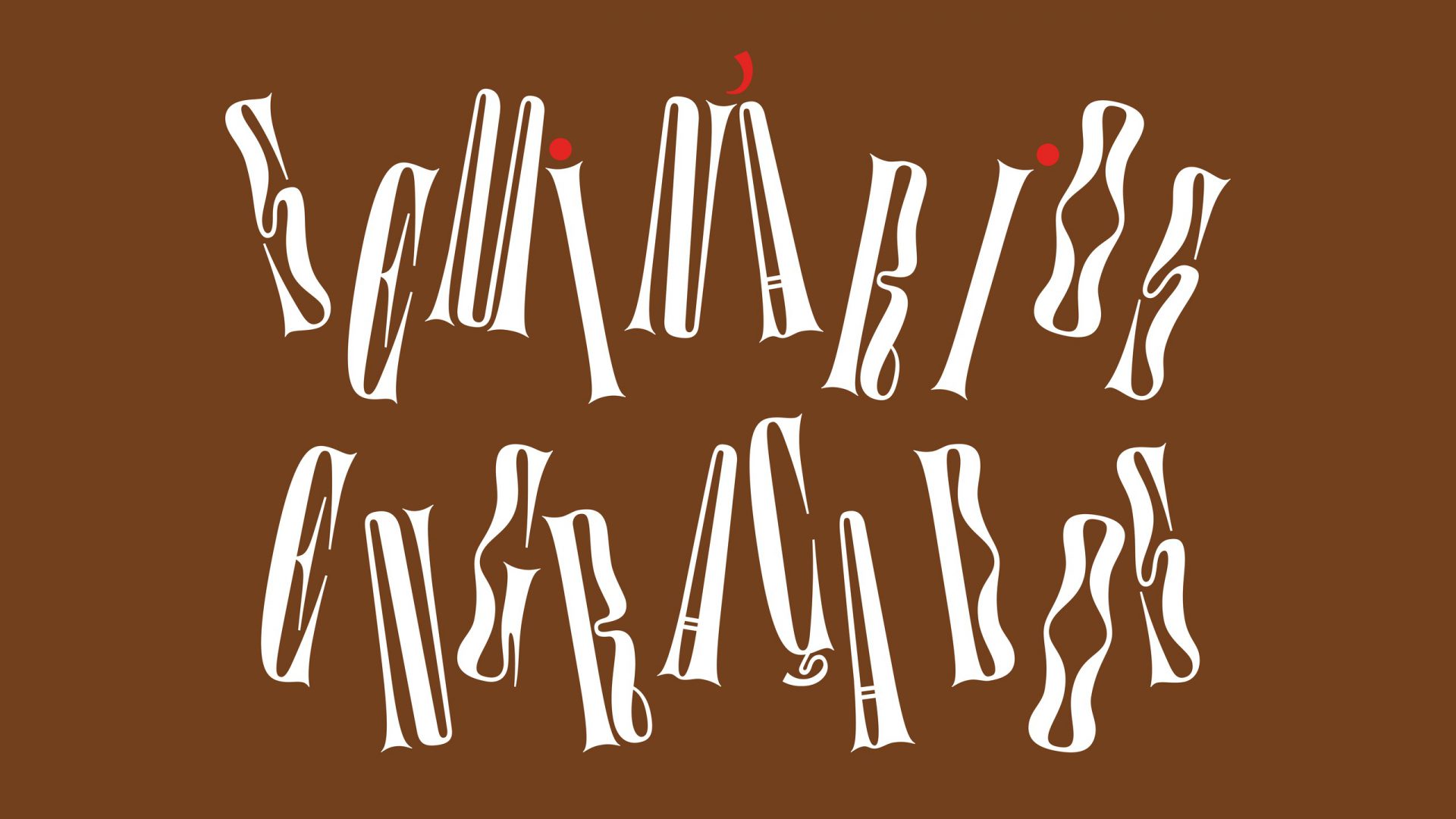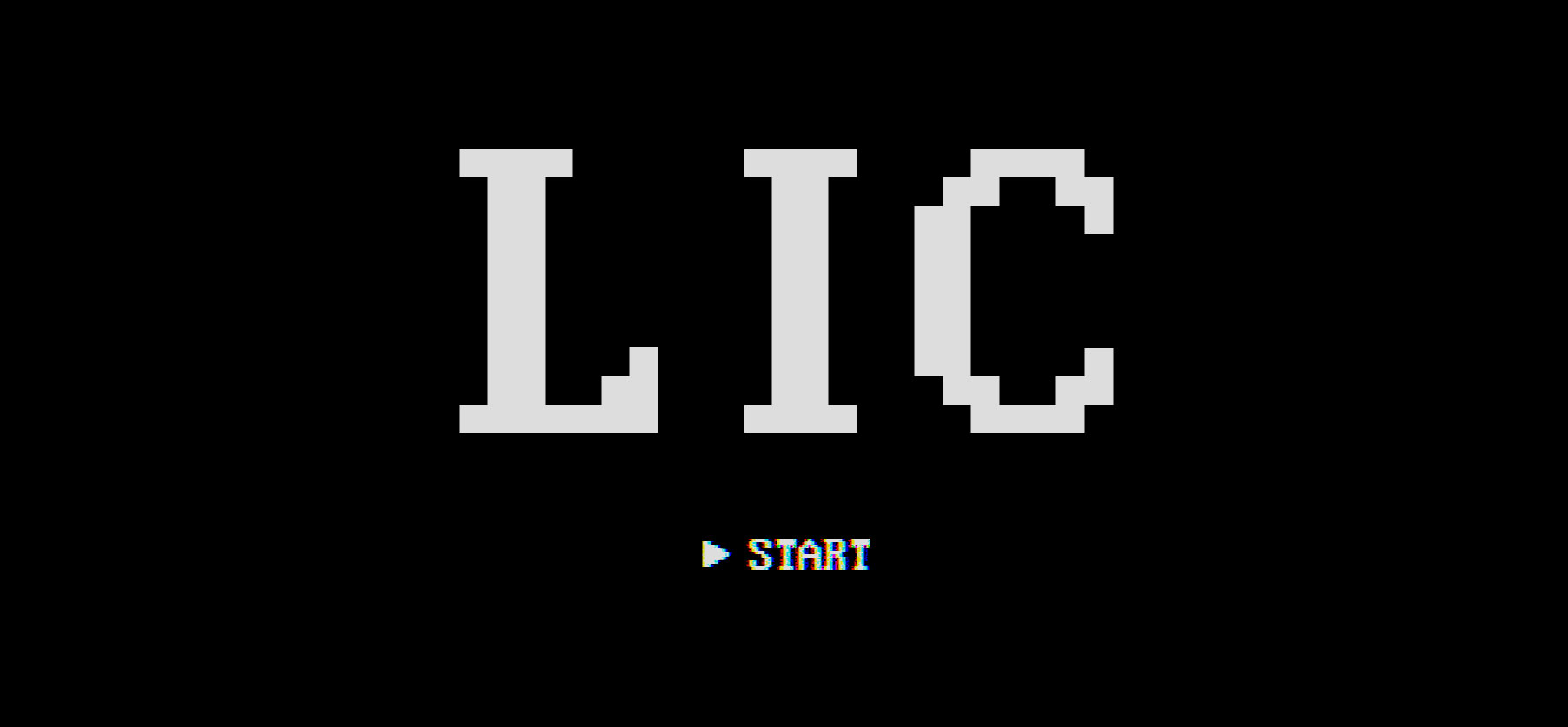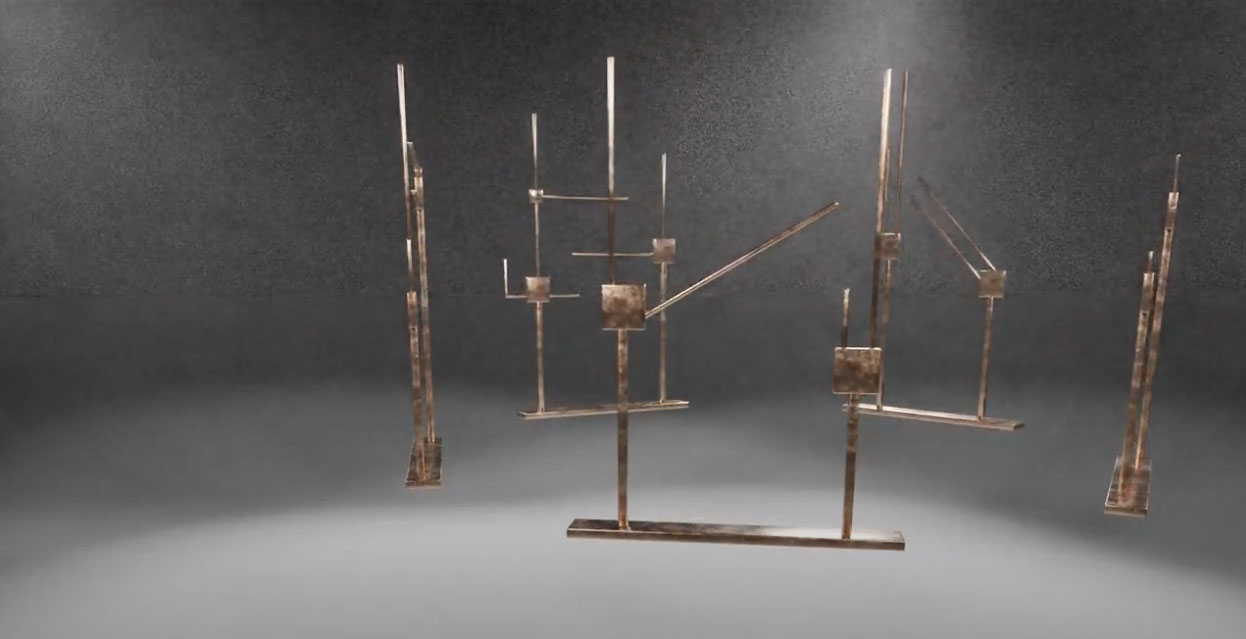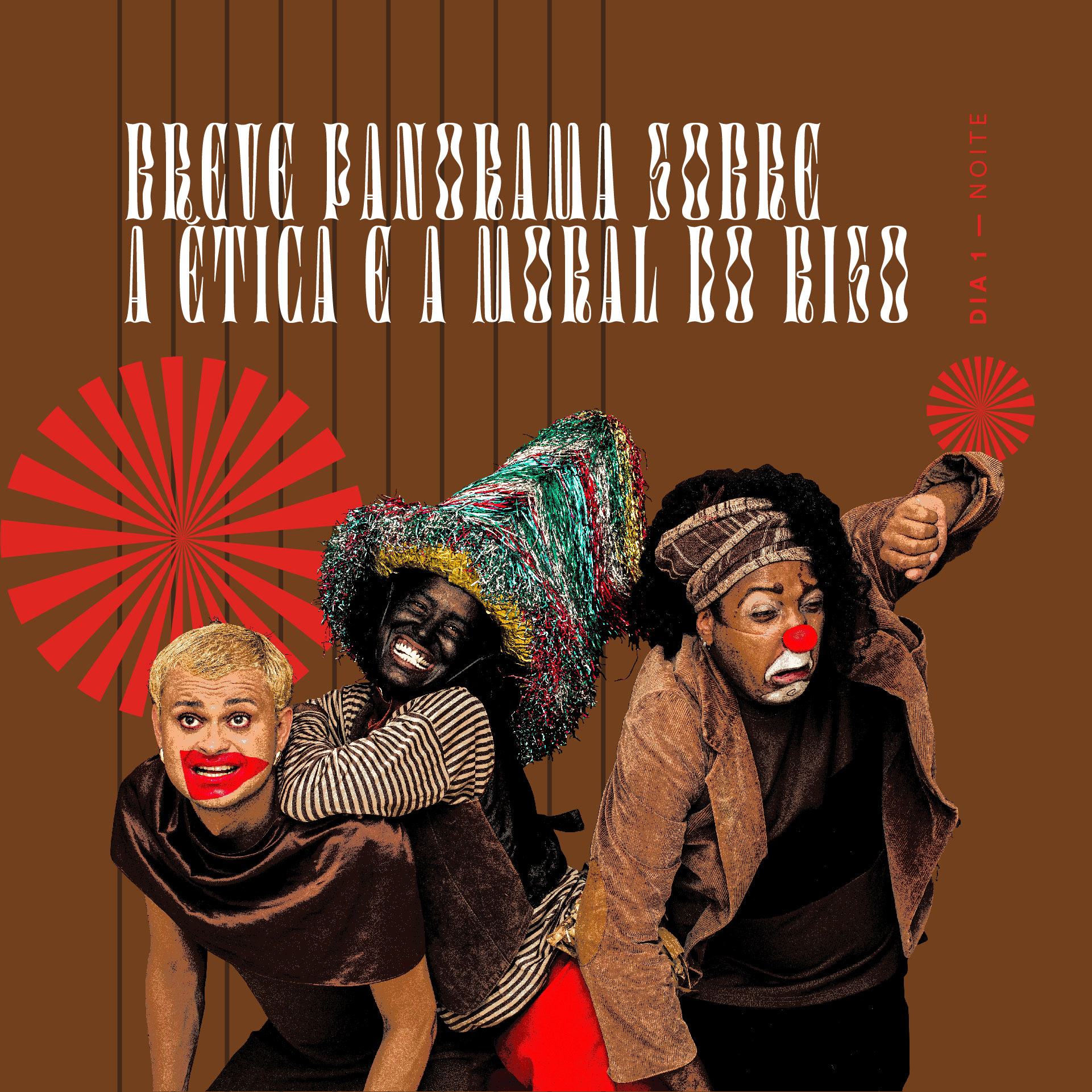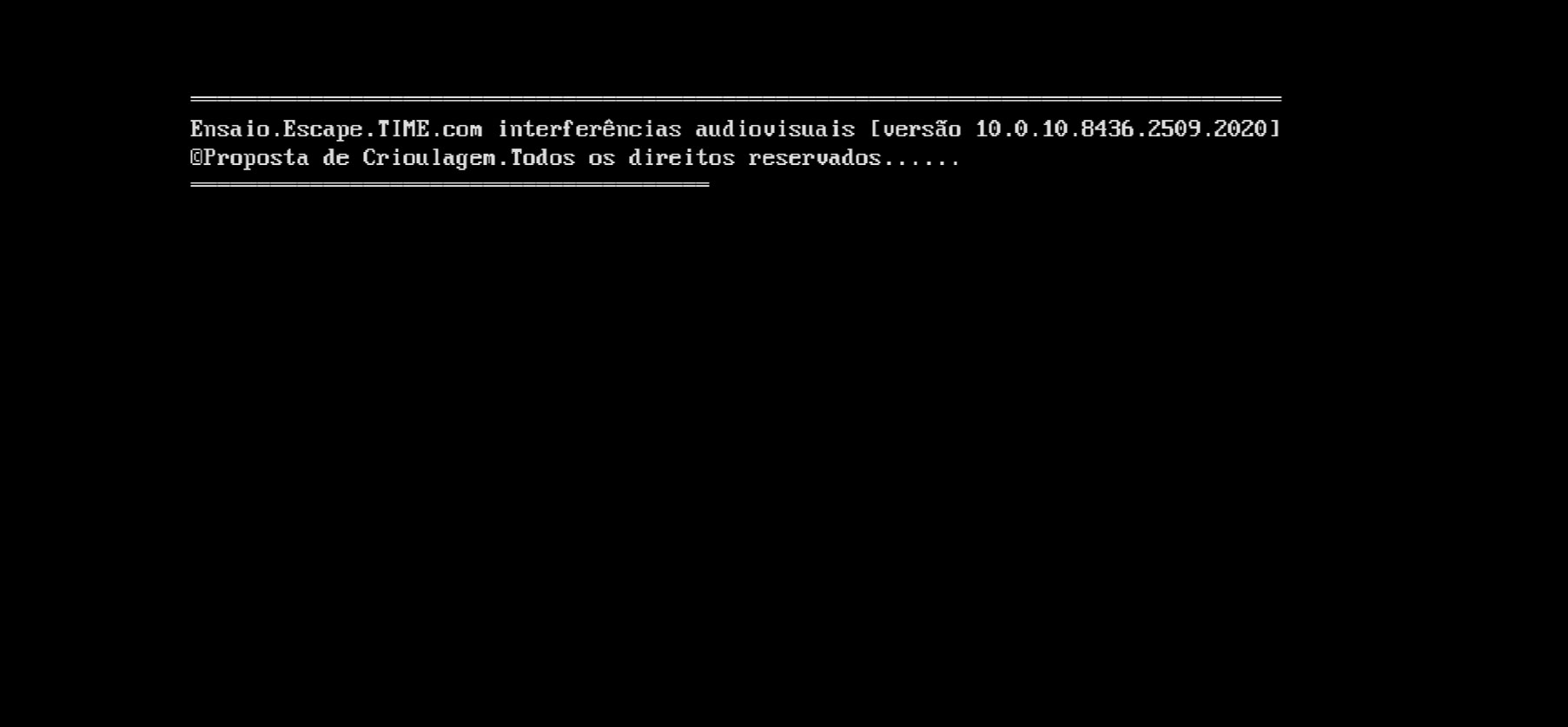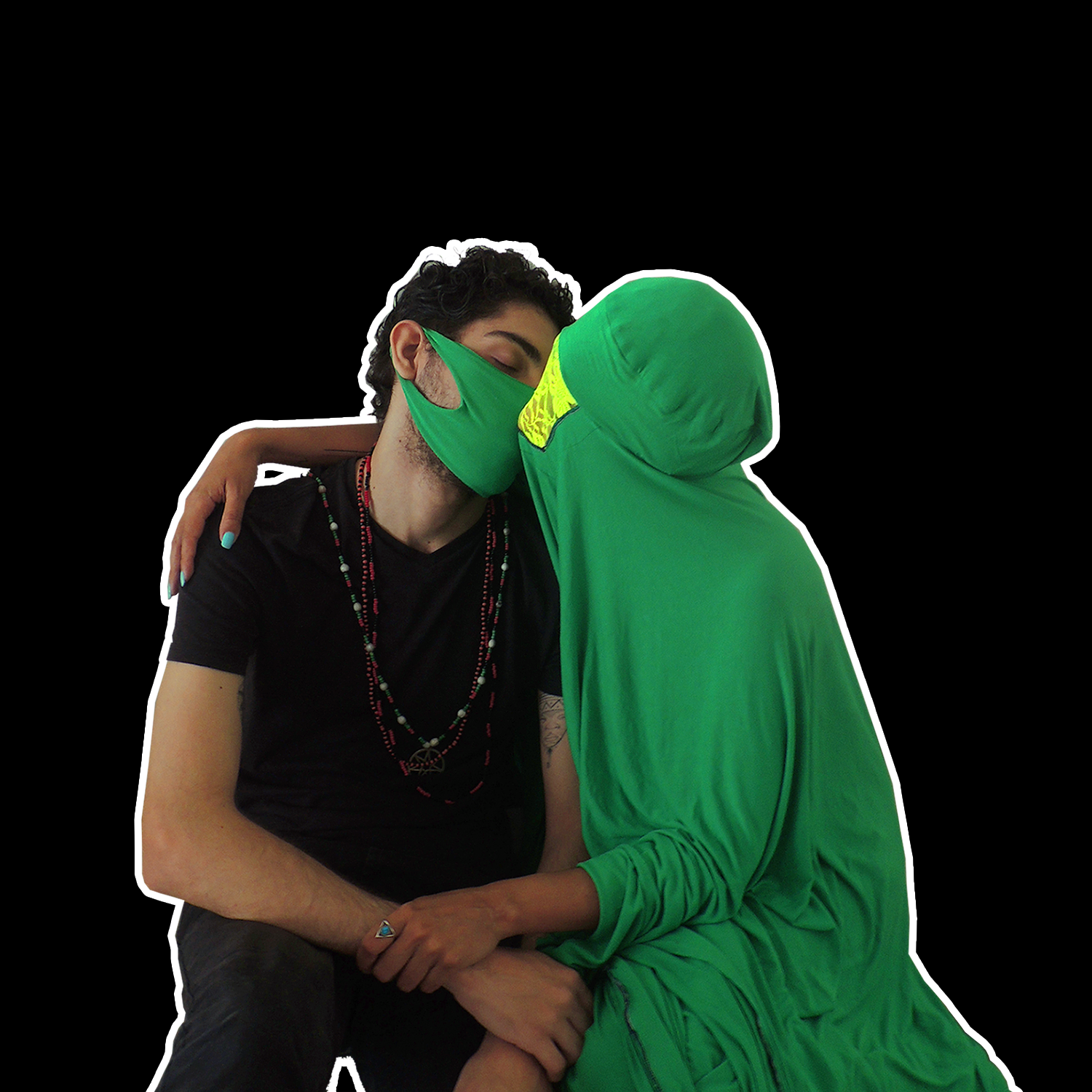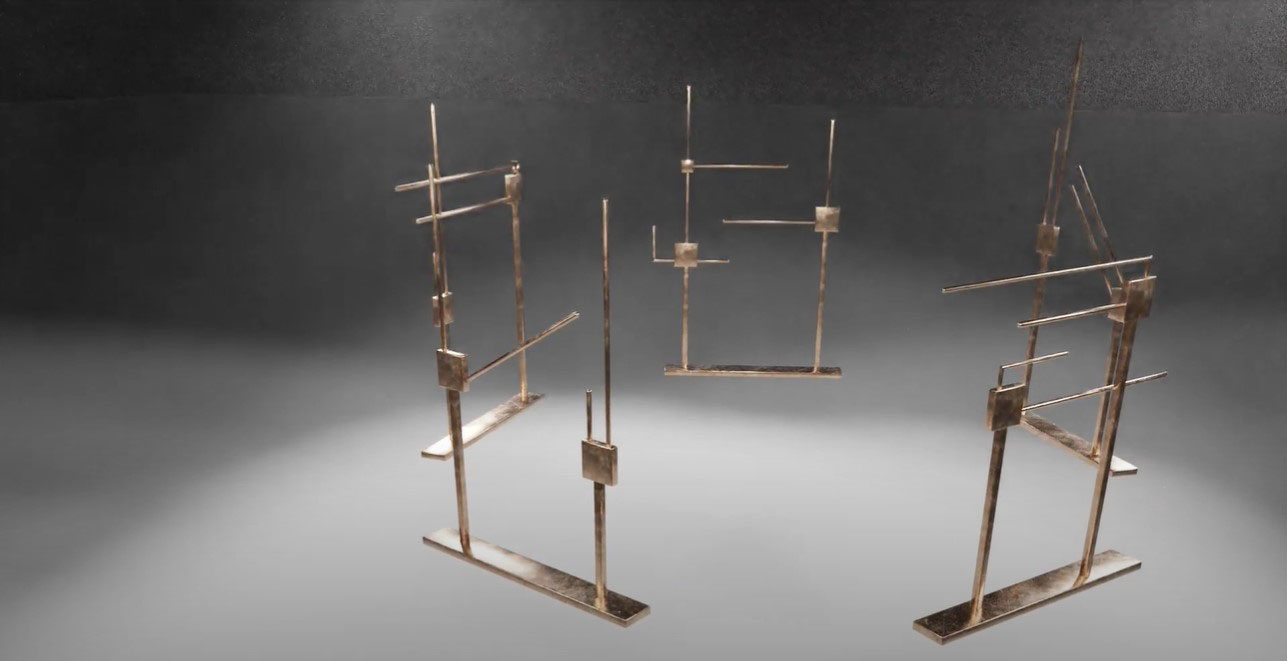O Pivô Satélite é uma plataforma digital que funciona como uma espécie de sala de projetos dentro do site da instituição. Seu programa é pensado por artistas e curadores emergentes convidados, e compreende uma série de propostas artísticas, em formatos variados, pensadas especialmente para os meios digitais.
O Pivô Satélite foi criado no momento em que a instituição suspendeu suas atividades públicas em decorrência da pandemia de Covid-19. Desde então, nossa equipe tem se dedicado a pensar em novos meios de seguir exercendo a atividade fim da instituição: criar condições – físicas, conceituais e materiais -, para o desenvolvimento e divulgação de projetos e interpretações críticas de diversos artistas.
Afim de contribuir para a criação de uma rede de apoio à comunidade artística local neste momento adverso, o Pivô convidou três jovens curadores brasileiros para programar o primeiro ano desta nova iniciativa. Cada um deles indicará quatro artistas para ocupar esta “sala de projetos digital” com propostas individuais, durante um mês. Para desenvolver o conteúdo a ser veiculado pelo Pivô Satélite, os artistas contarão com a estrutura de produção do Pivô, a interlocução dos curadores convidados e receberão uma bolsa de auxílio à produção, podendo ser administrada como melhor lhes convier. Os projetos poderão assumir vários formatos e durações, sem restrições quanto ao tipo de mídia ou tema, tendo sido apenas solicitado que não implicassem nenhuma forma de quebra às medidas de isolamento social vigentes.
Os colaboradores deste programa foram convidados segundo critérios que levam em conta a relevância e qualidade de suas pesquisas artísticas, além da diversidade de identidades presentes no Brasil – de raça, gênero, regionalidade, contexto social e cultural. Ao consolidar este programa, o Pivô espera reunir um grupo consistente e plural de novas vozes atuantes no cenário artístico brasileiro, em um momento premente de nossa história.
Para viabilizar este programa o Pivô reuniu, em colaboração com os mantenedores da instituição Georgiana Rothier, Bernardo Faria e Ticiana Terpins Strozenberg, um grupo especial de apoiadores aos quais agradecemos imensamente: Alan Terpins, Antônia Bergamin, Antônia de Sá Cavalcante Borges, Camila Yunes Guarita, Catherine Petitgas, Coleção Coletiva, Denise Terpins, Fabiana Sonder, Fabiano Al Makul, Felipe Dmab, Frances Reynolds, Heloisa Genish, Iris Kaufmann, Maria do Mar Guinle, Mariana Clayton, Monica Bouqvar, Paula Macedo Weiss e Daniel Weiss, Simone Coscarelli Parma e Alejandro Parma, Susana e Ricardo Steinbruch.
———————————
© Todos os direitos reservados sobre a plataforma Pivô Satélite por Pivô Arte e Pesquisa. Não é permitida a utilização, total ou parcial, por qualquer modalidade, de qualquer elemento desta plataforma sem a prévia autorização expressa pelo Pivô Arte e Pesquisa.
As obras aqui exibidas pertencem aos artistas a elas vinculados e todos os direitos são a eles reservados. A plataforma Pivô Satélite comporta exclusivamente o acesso à exibição das obras aqui inseridas e nada nesta plataforma autoriza o uso das obras sem autorização prévia de seu detentor. Consequentemente, qualquer utilização, por qualquer modalidade, da integralidade ou trecho de quaisquer das obras, depende de autorização prévia de seu autor, titular dos respectivos direitos. Estas condições estão suportadas pela Lei de Direitos de Autor (Lei nº 9.610/98) e afins e devem ser respeitadas pelos usuários.
O Pivô não possui qualquer autoria ou responsabilidade sobre o conteúdo constante das obras exibidas no Pivô Satélite. Portanto, eventuais posicionamentos políticos, religiosos, filosóficos ou de qualquer outro cunho não devem ser interpretados como sendo de opinião do Pivô ou por este endossados. Tais conteúdos são de exclusiva autoria e responsabilidade dos respectivos artistas.

 Português
Português